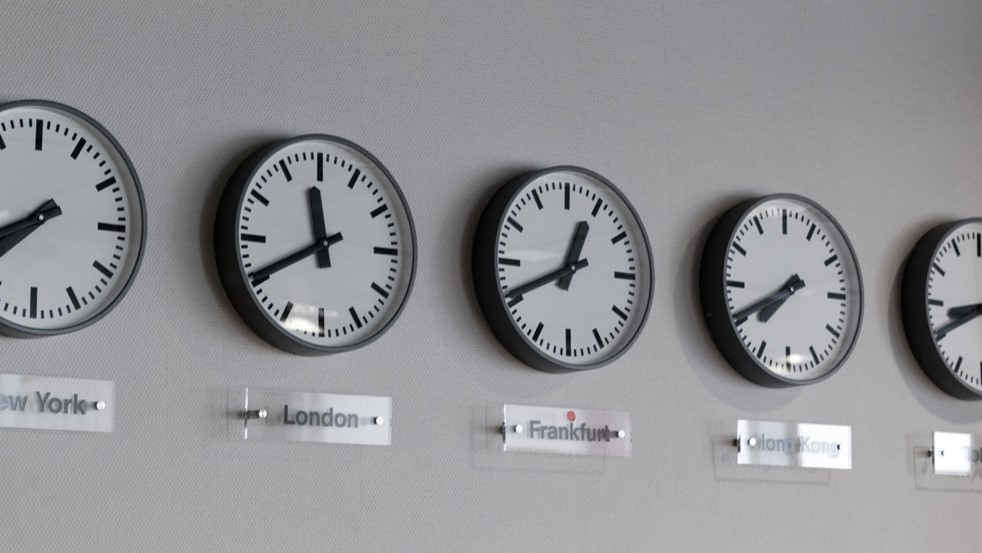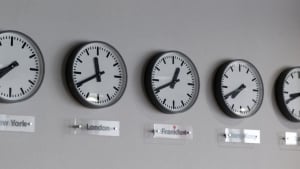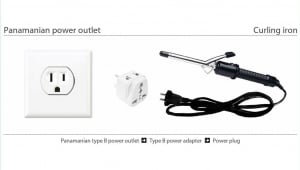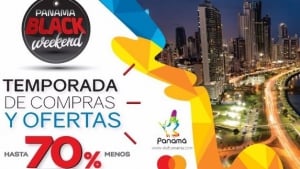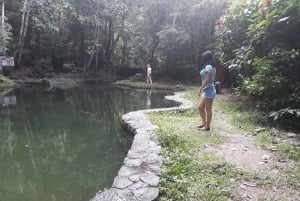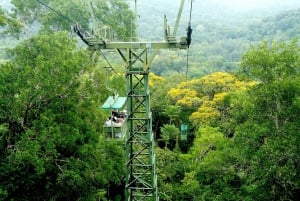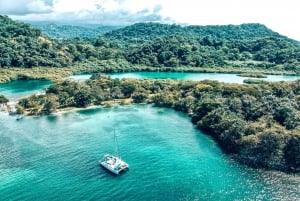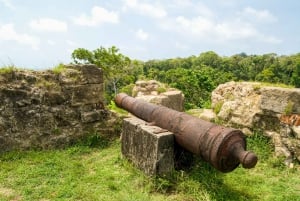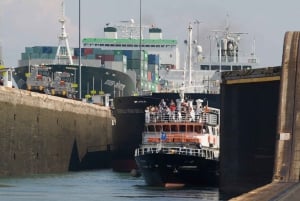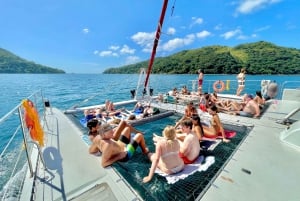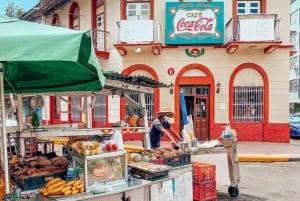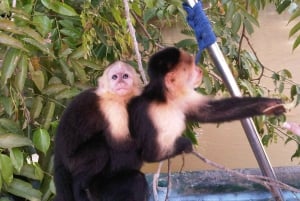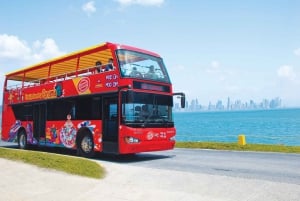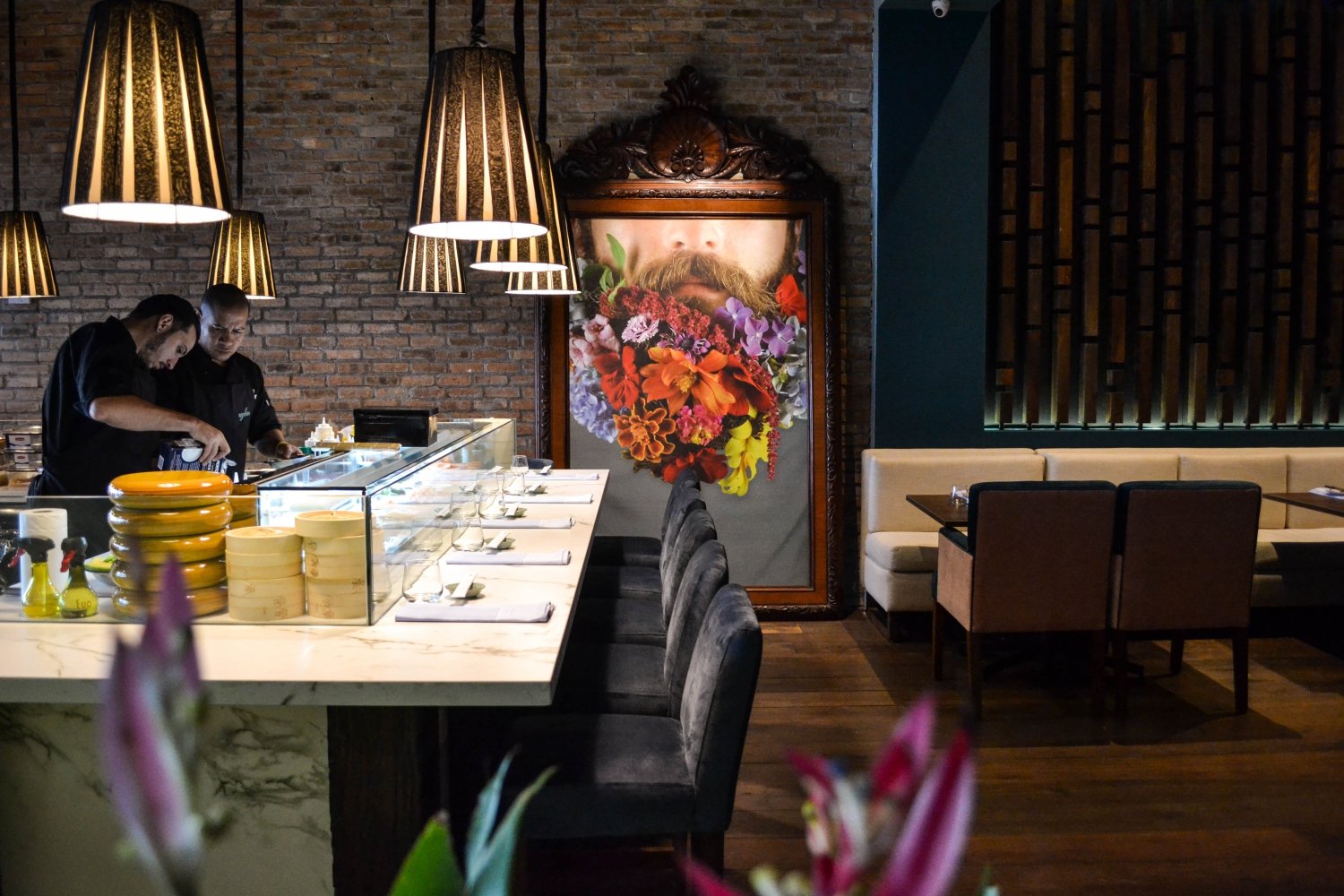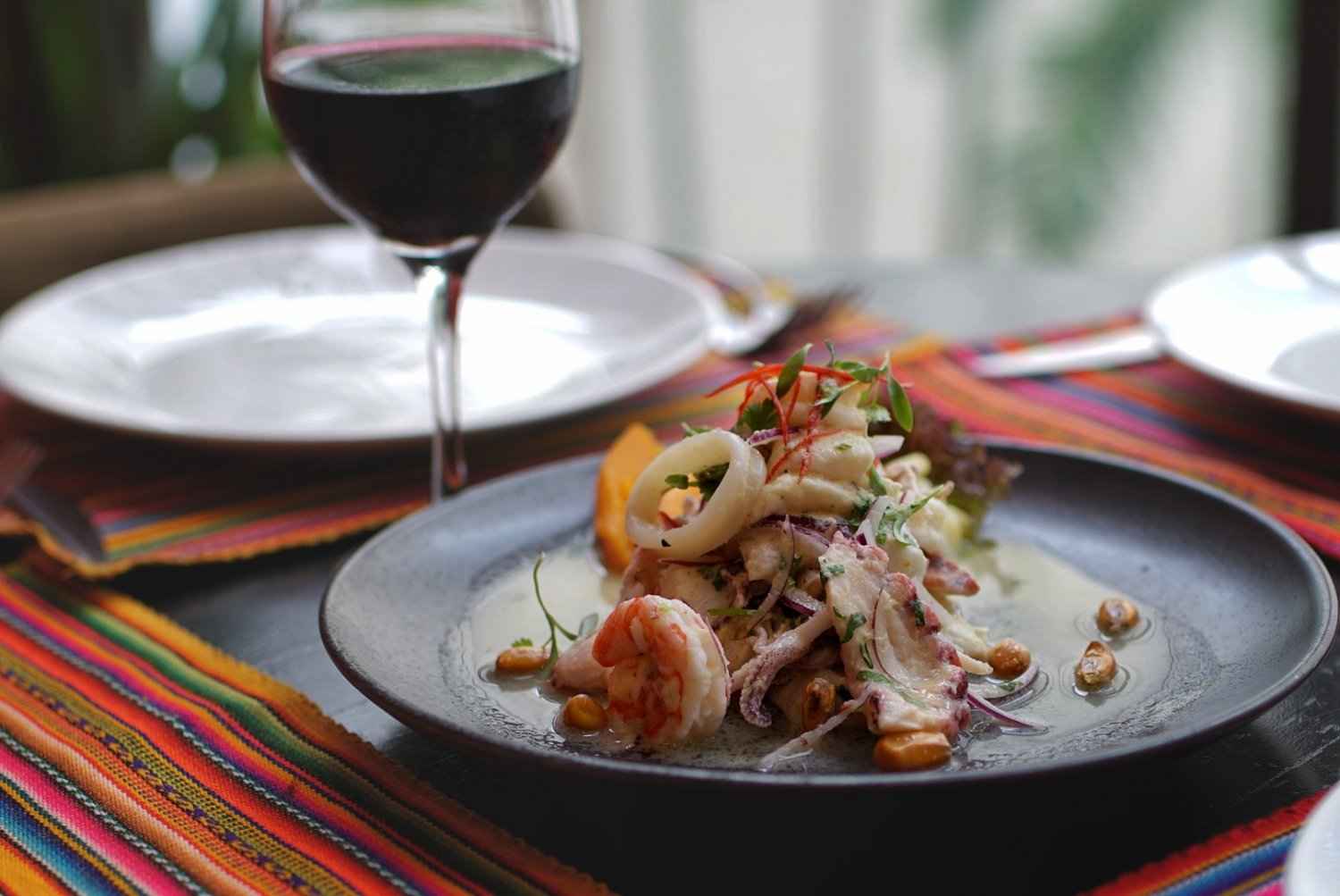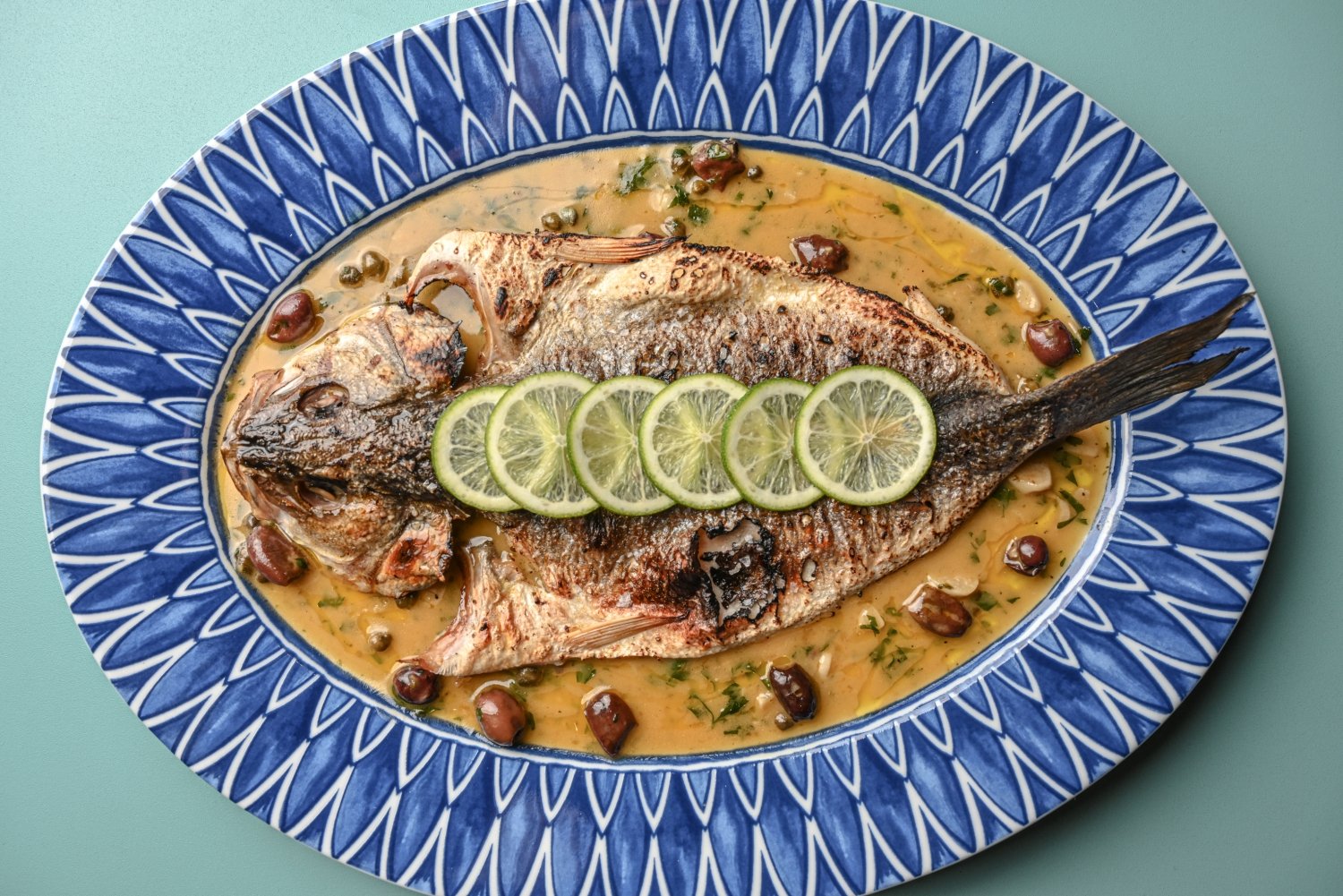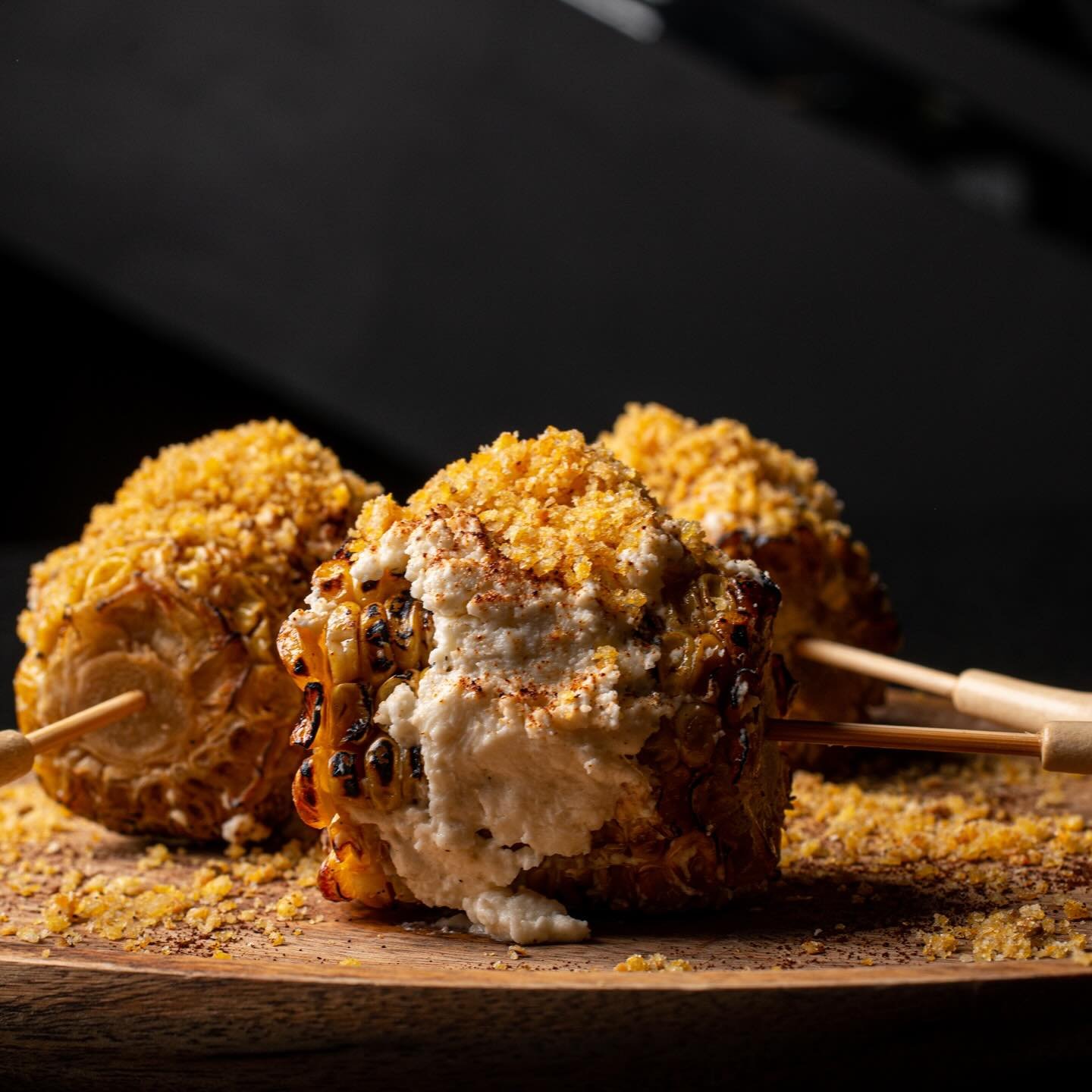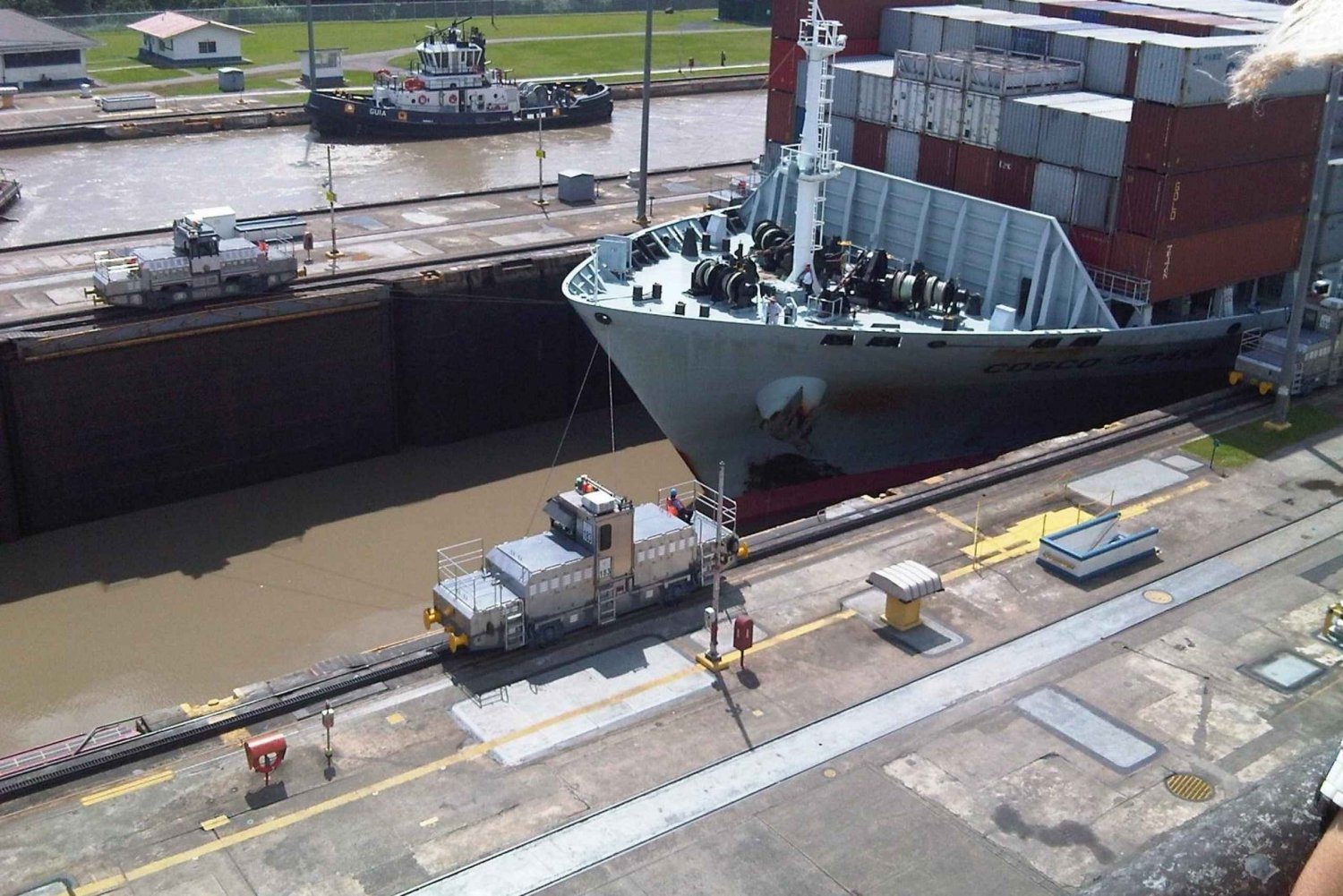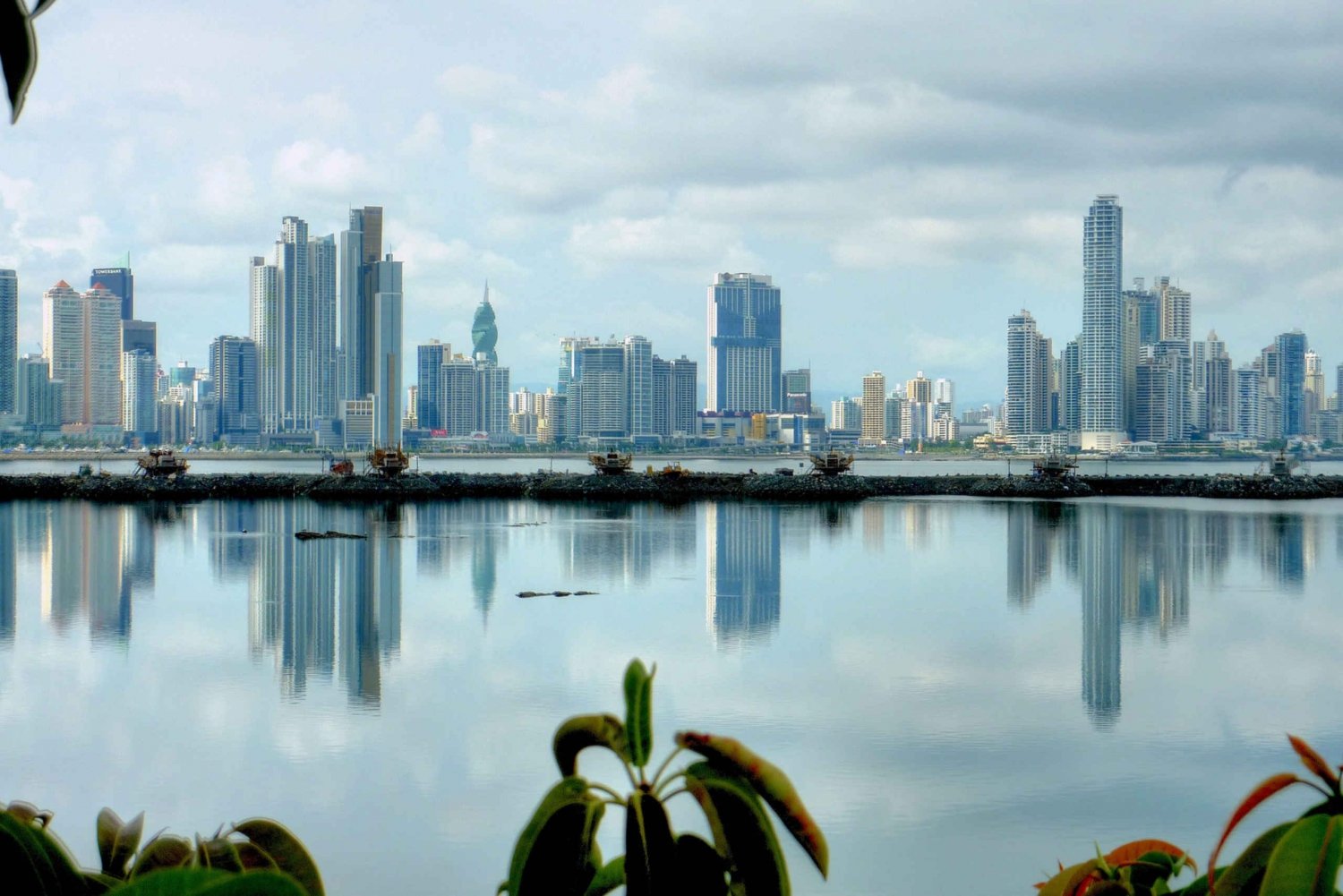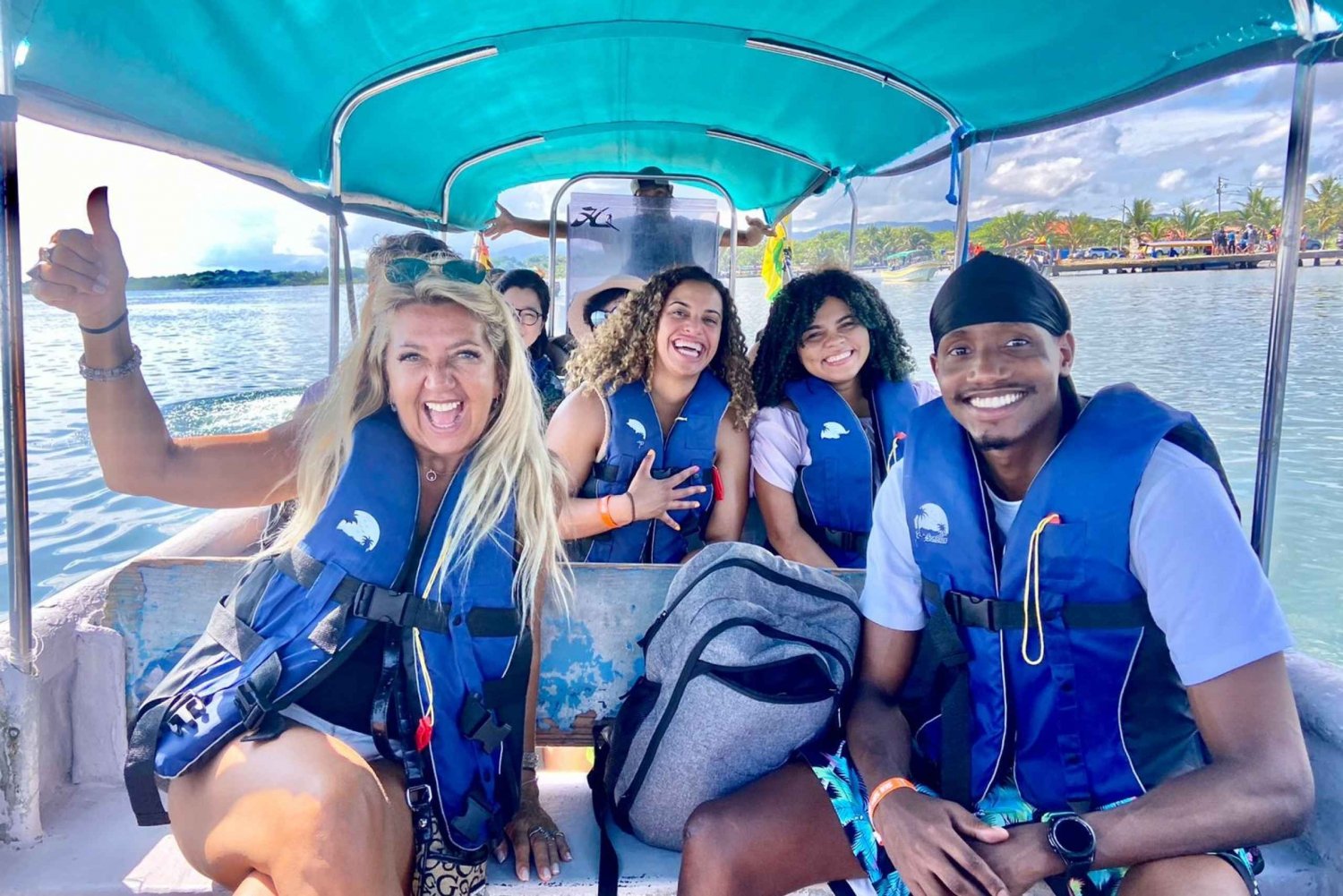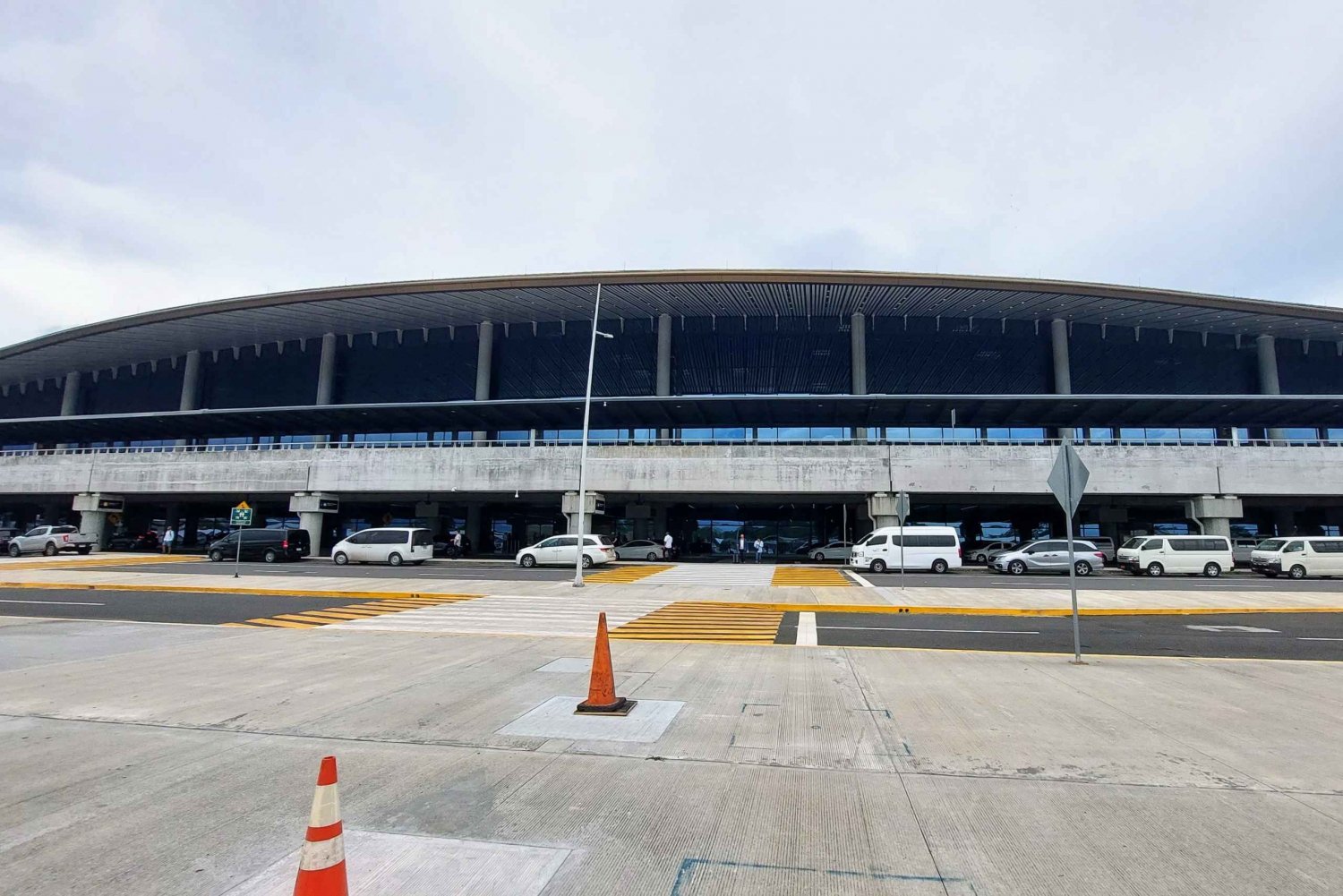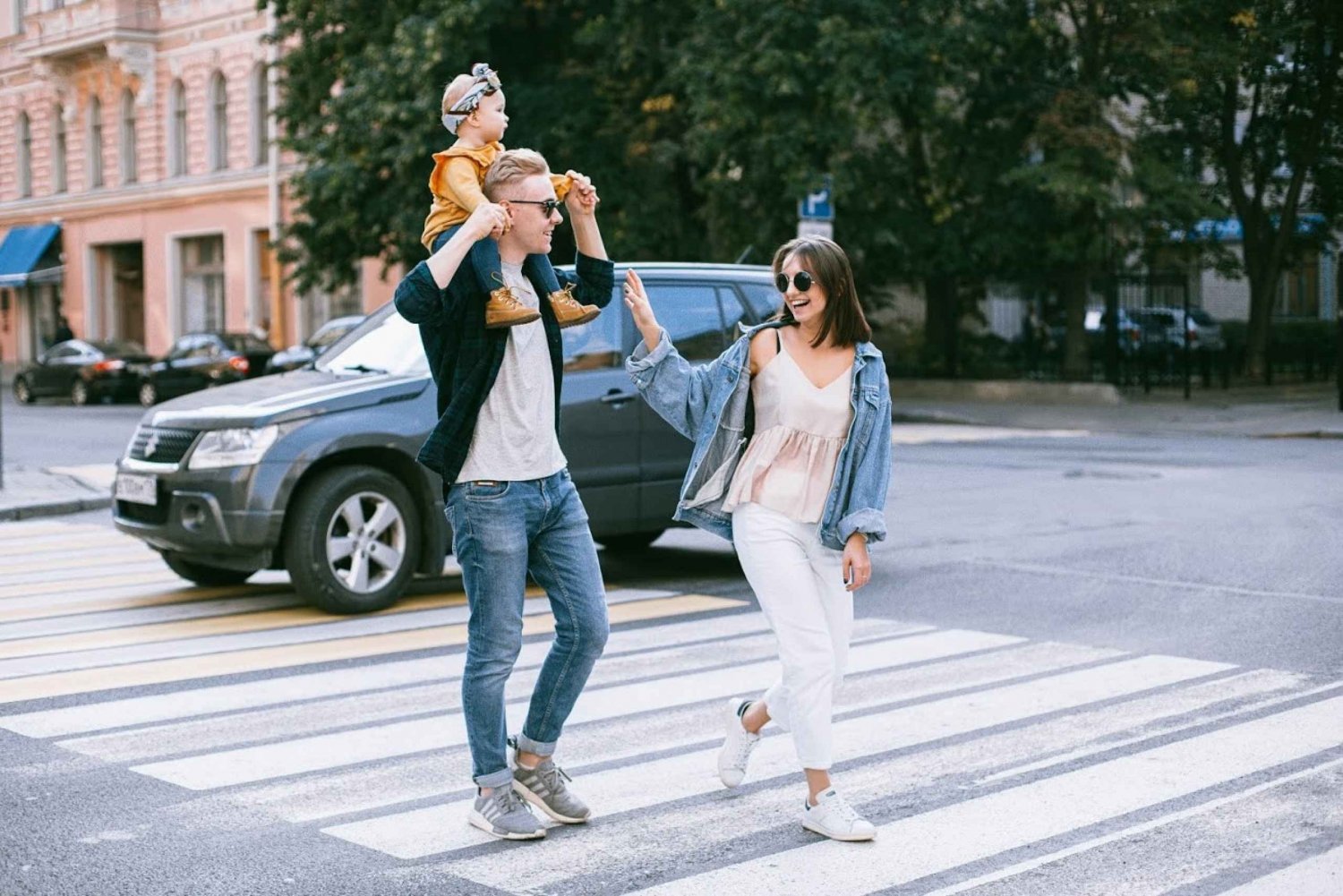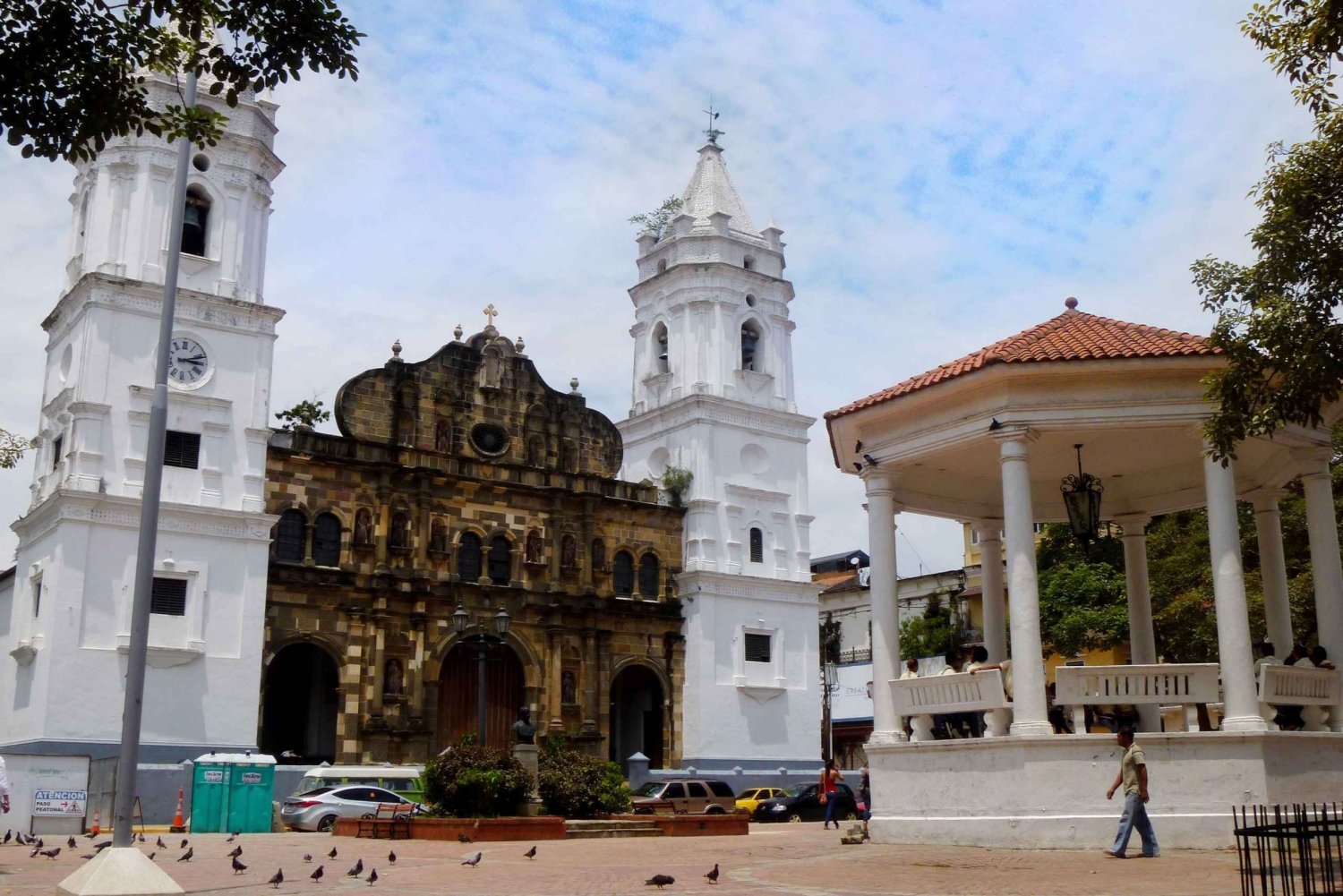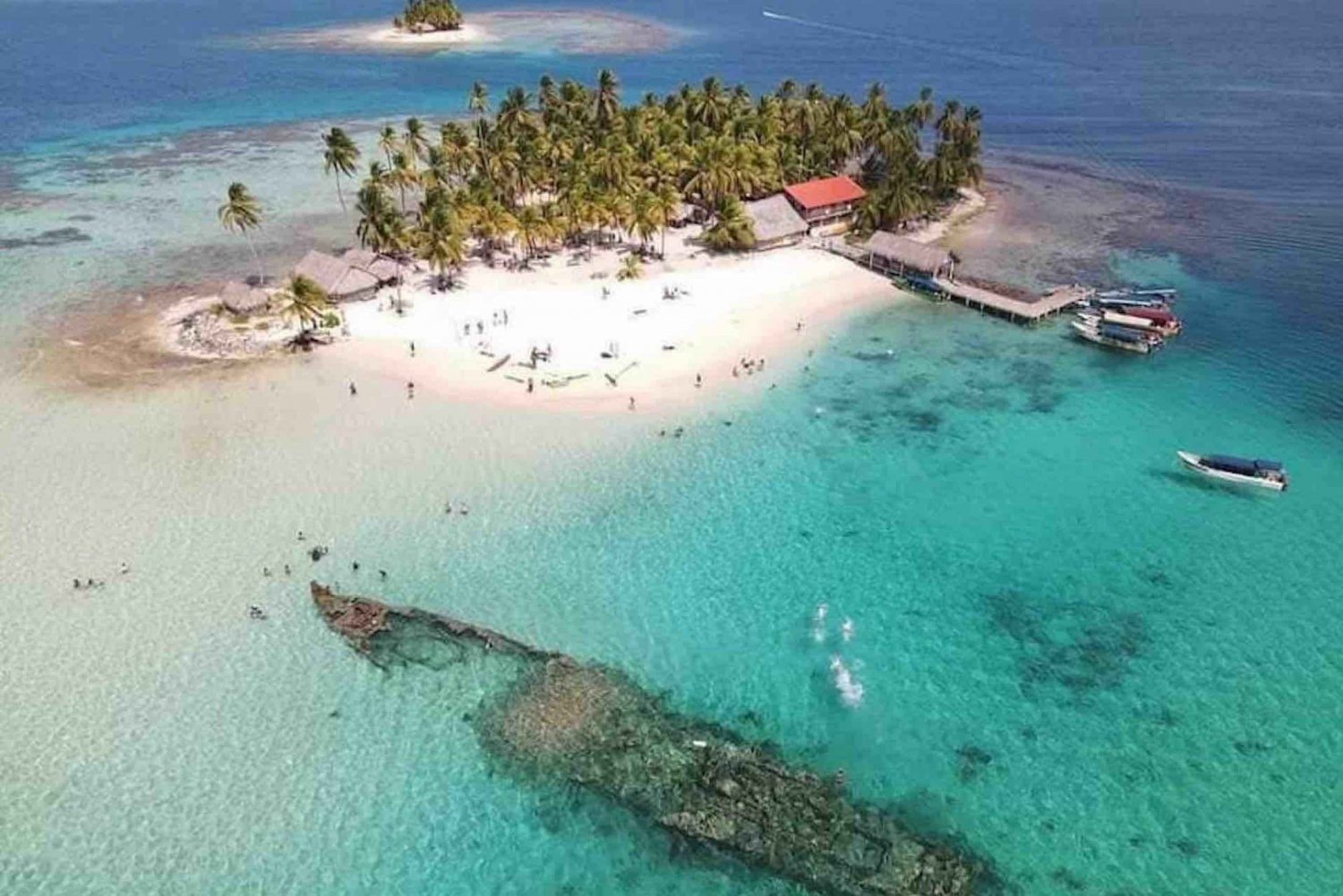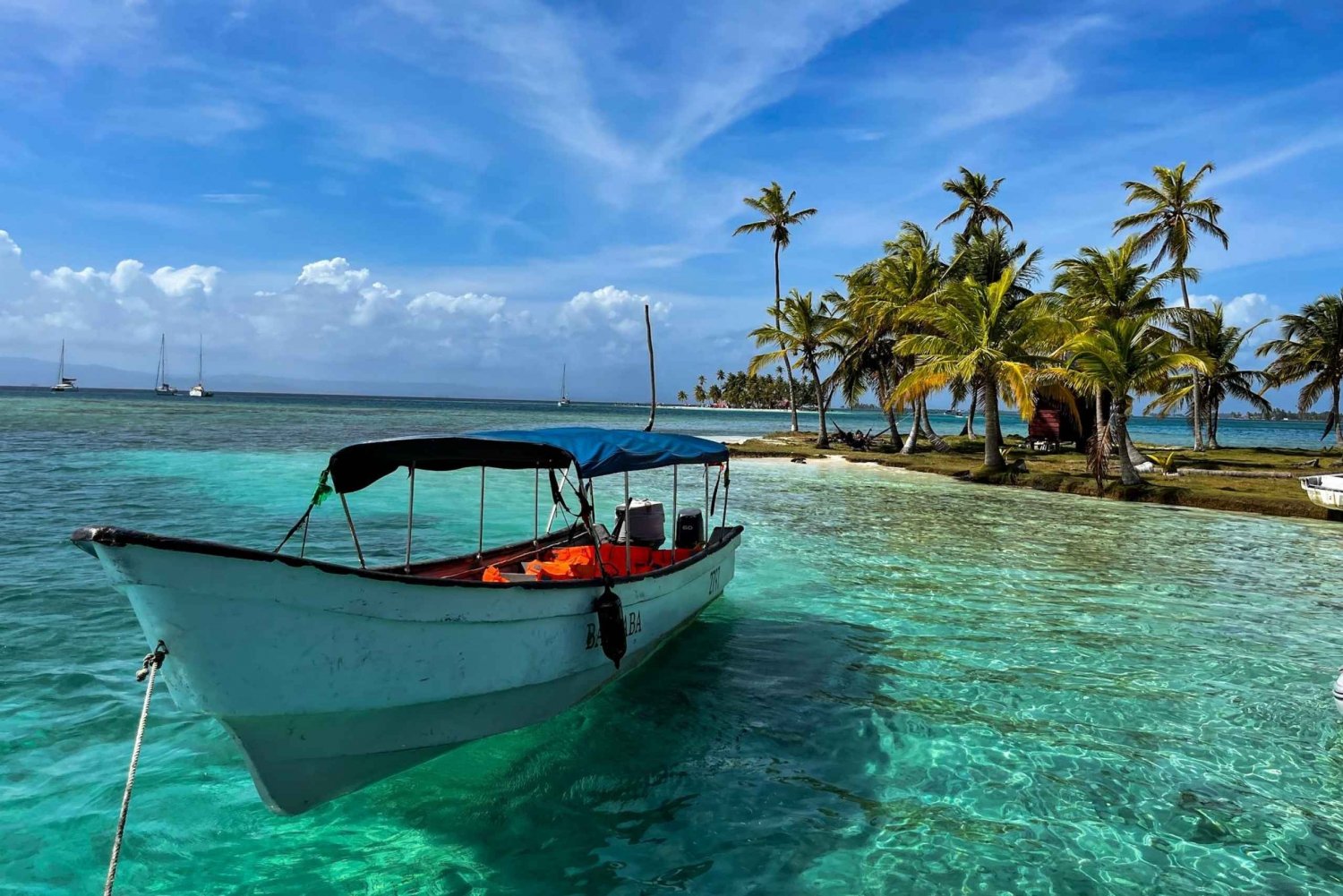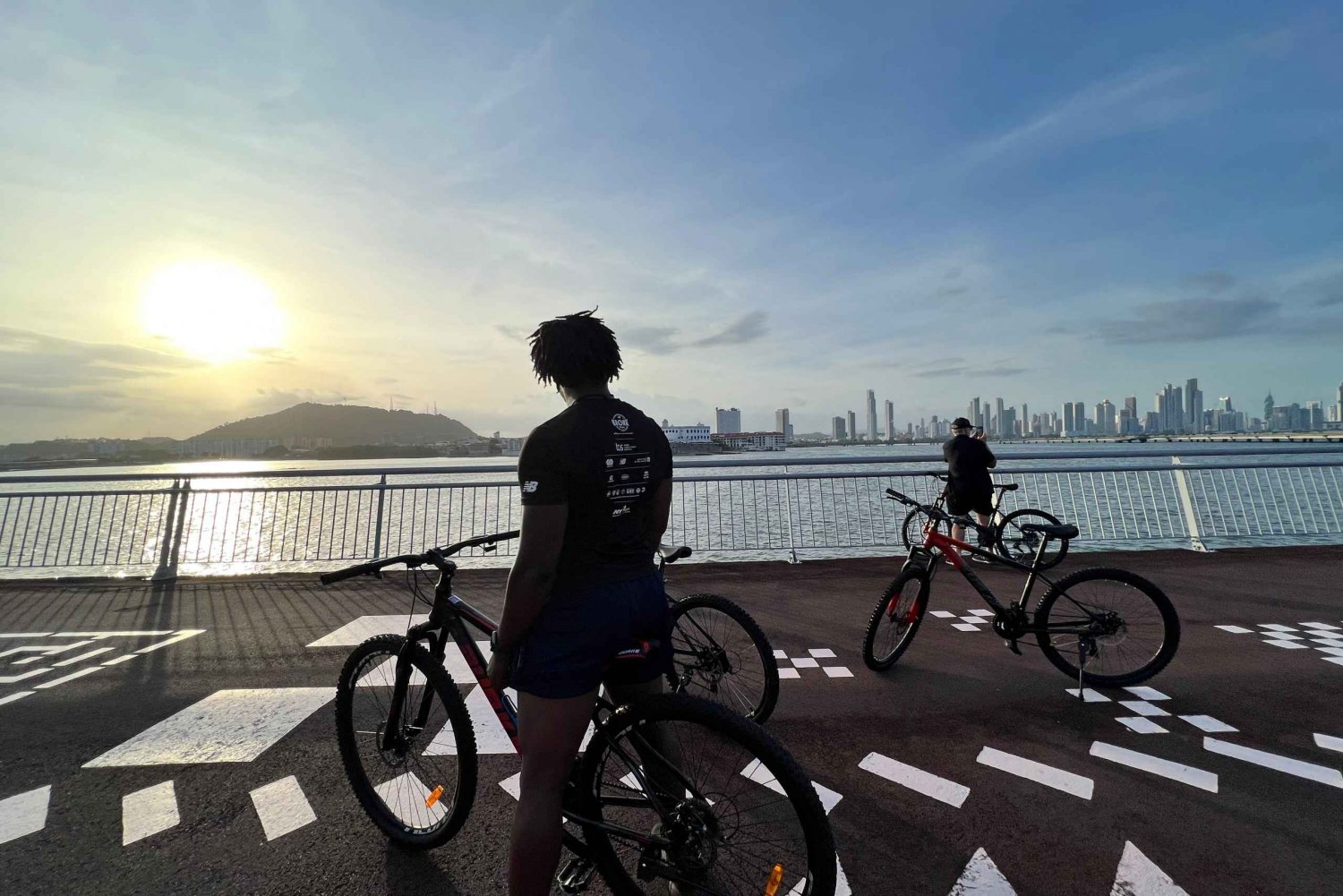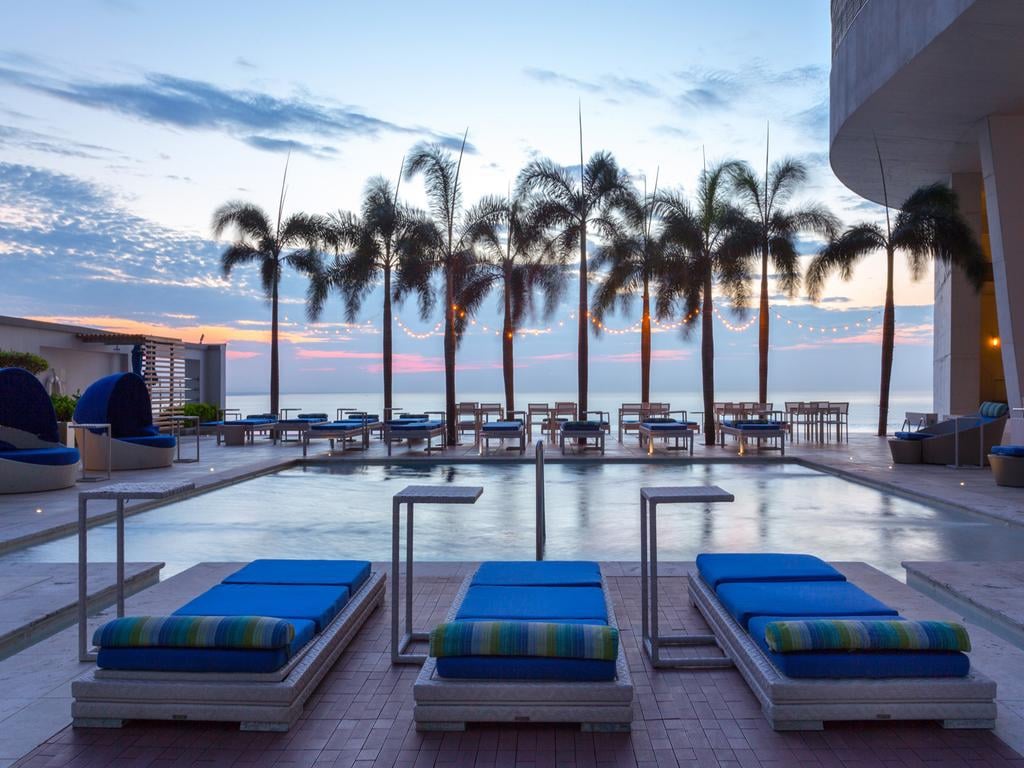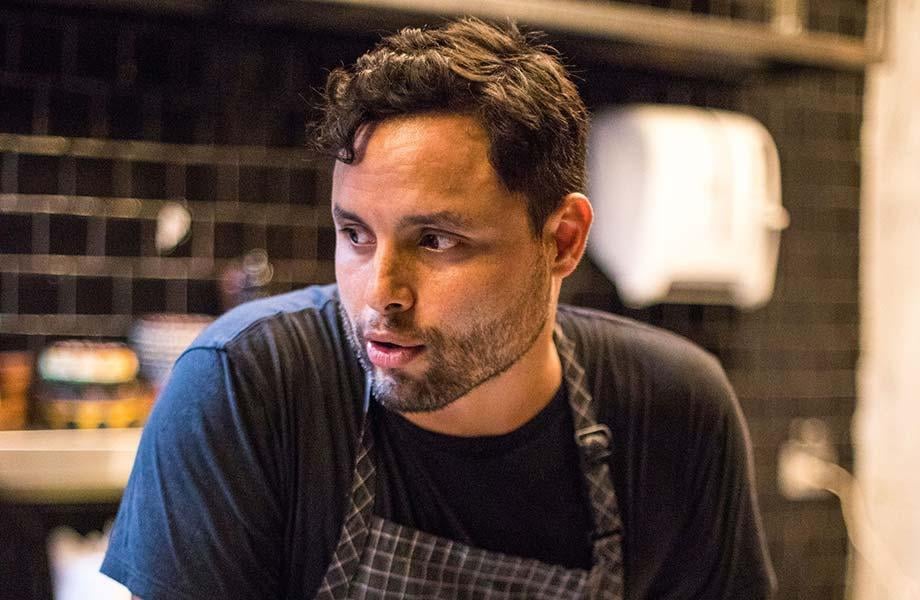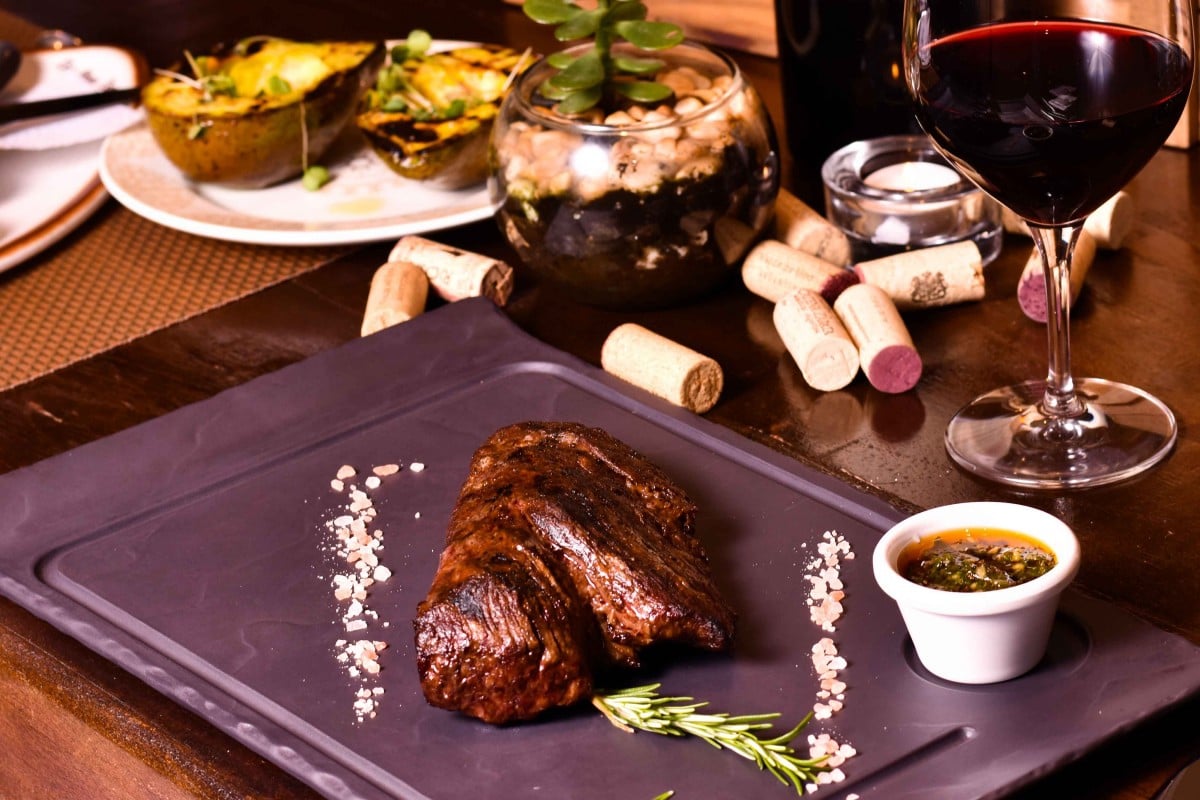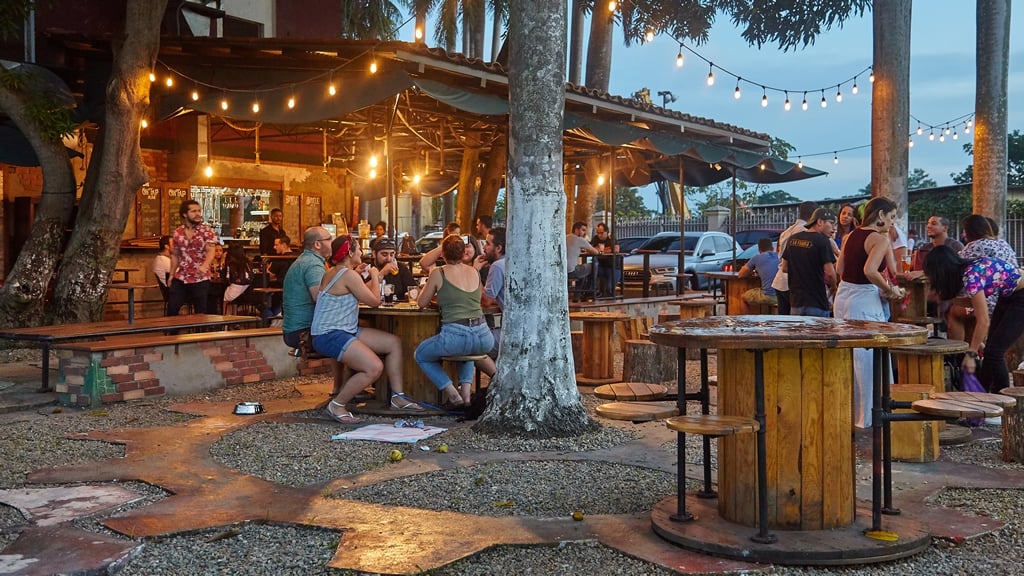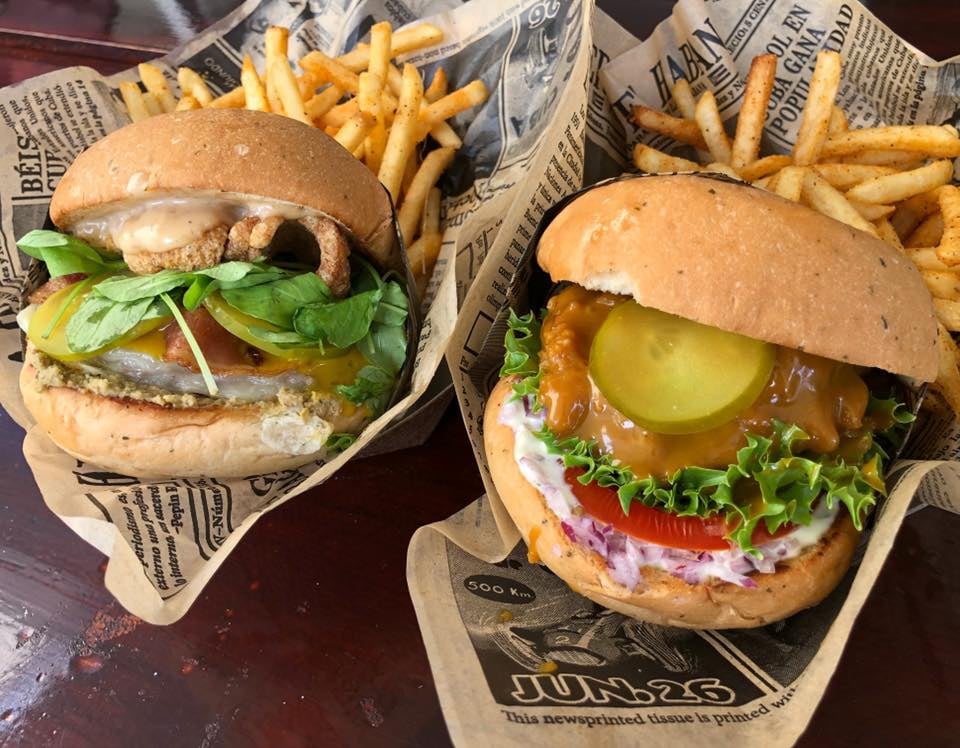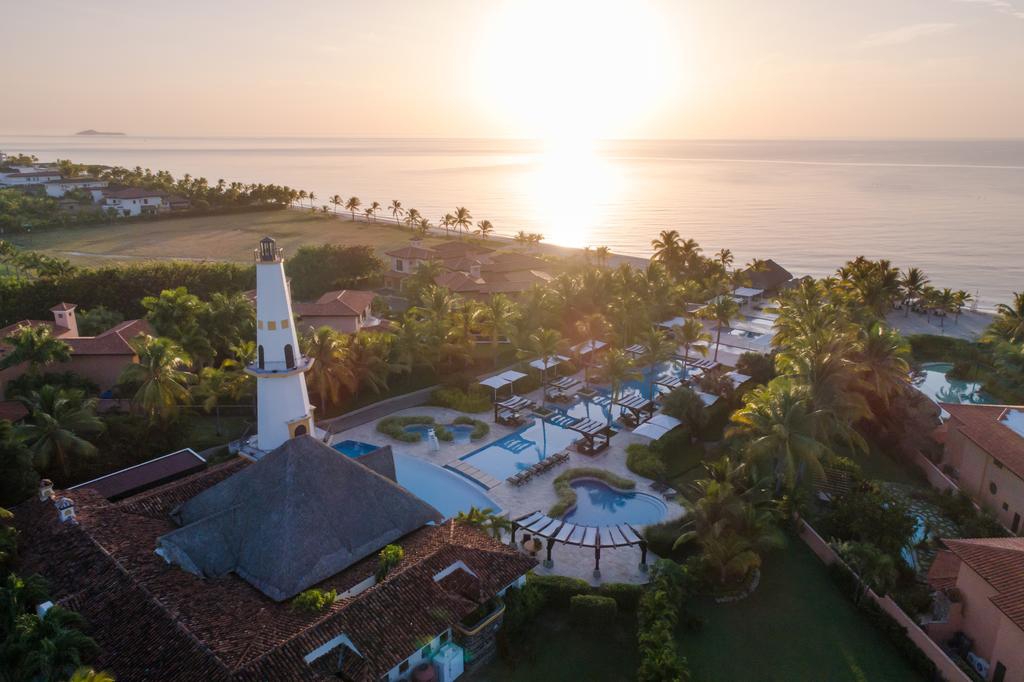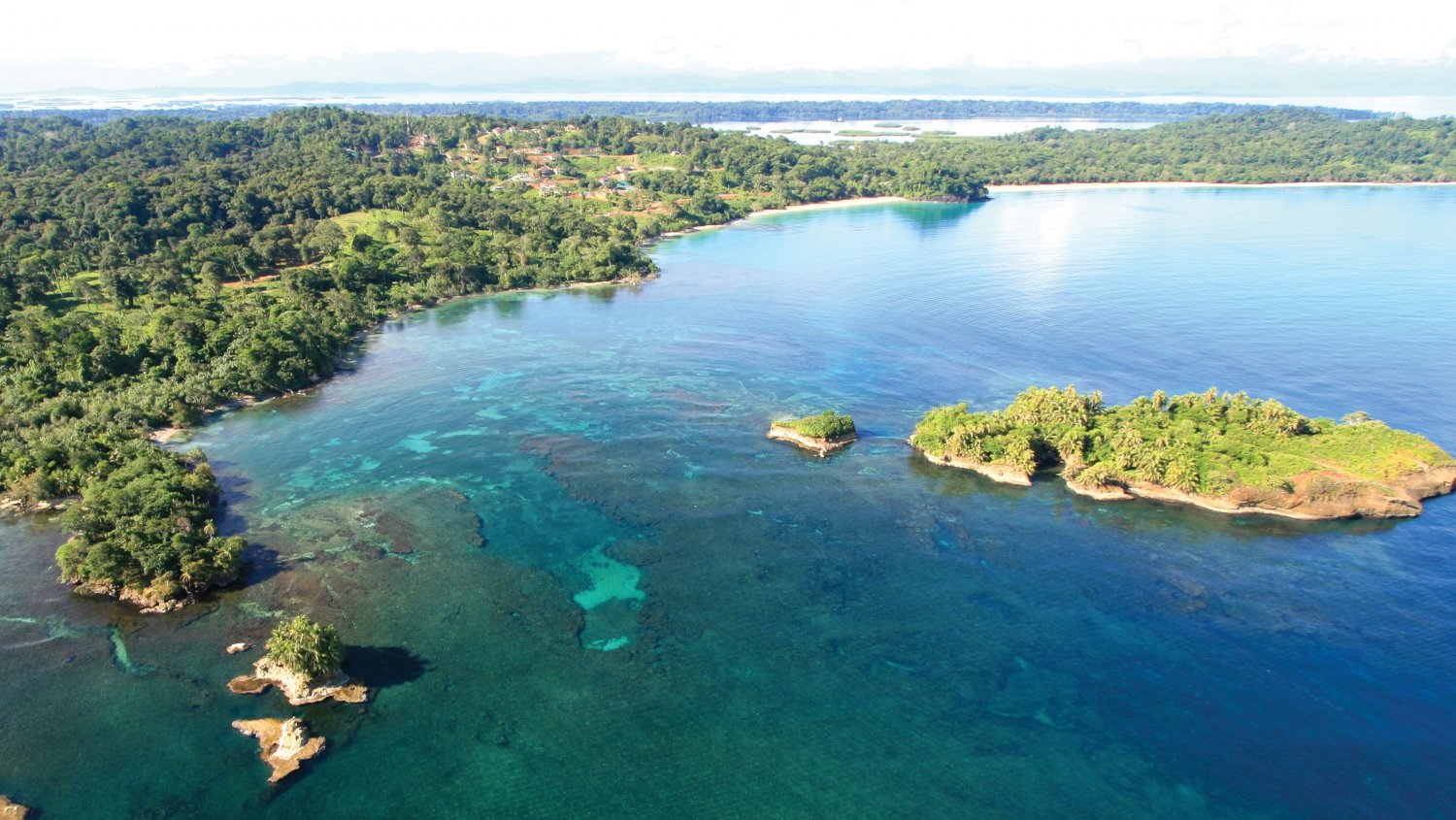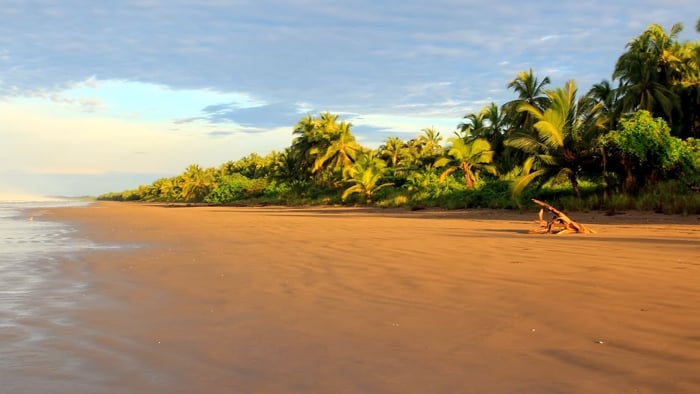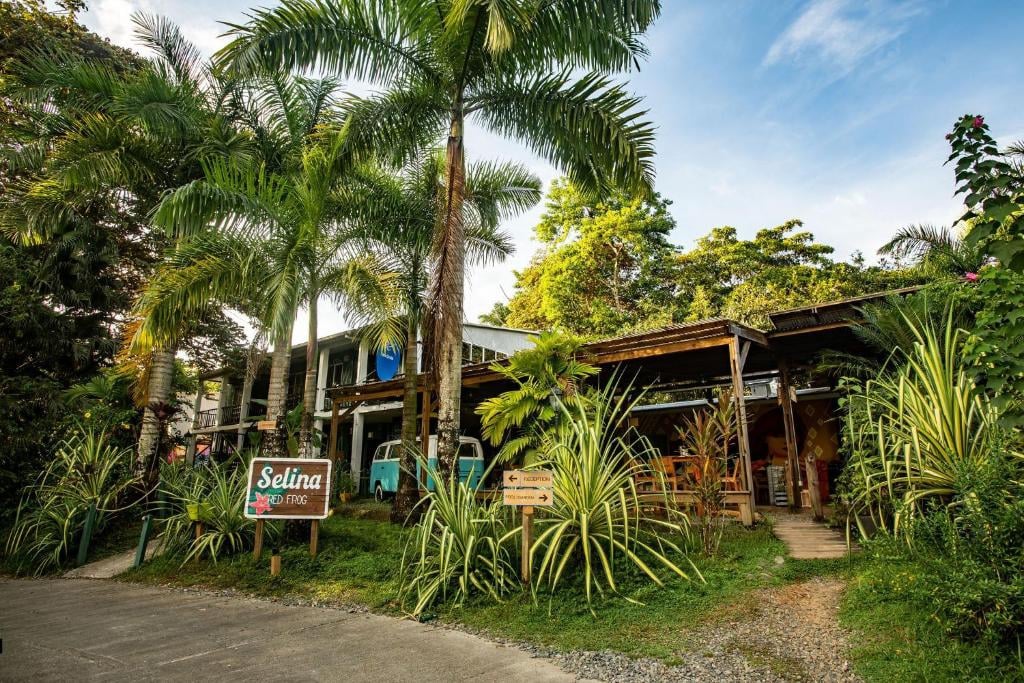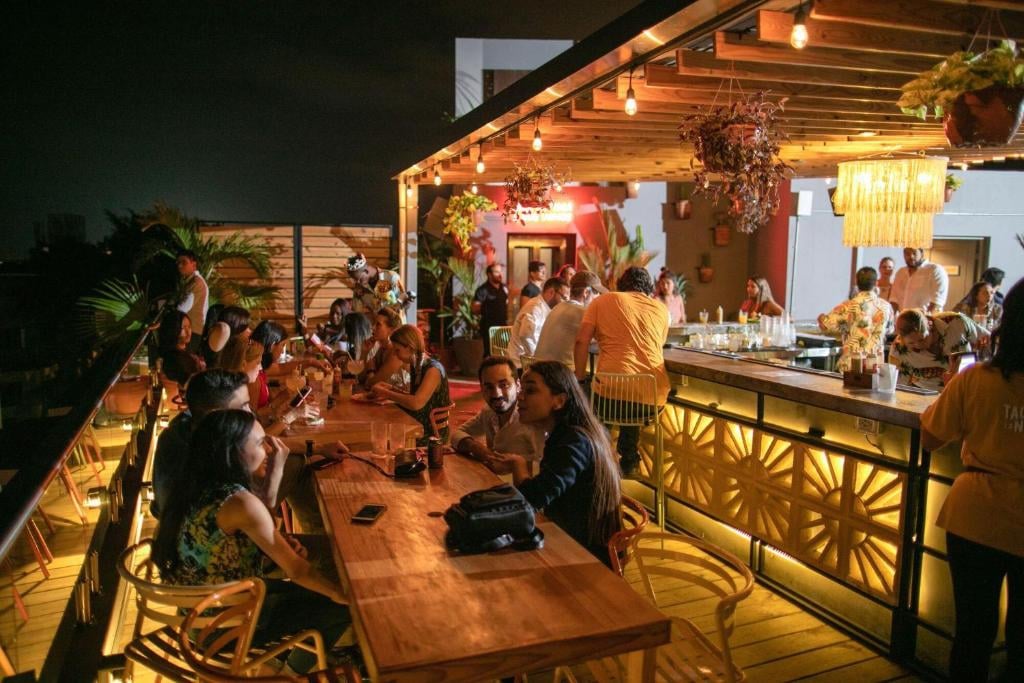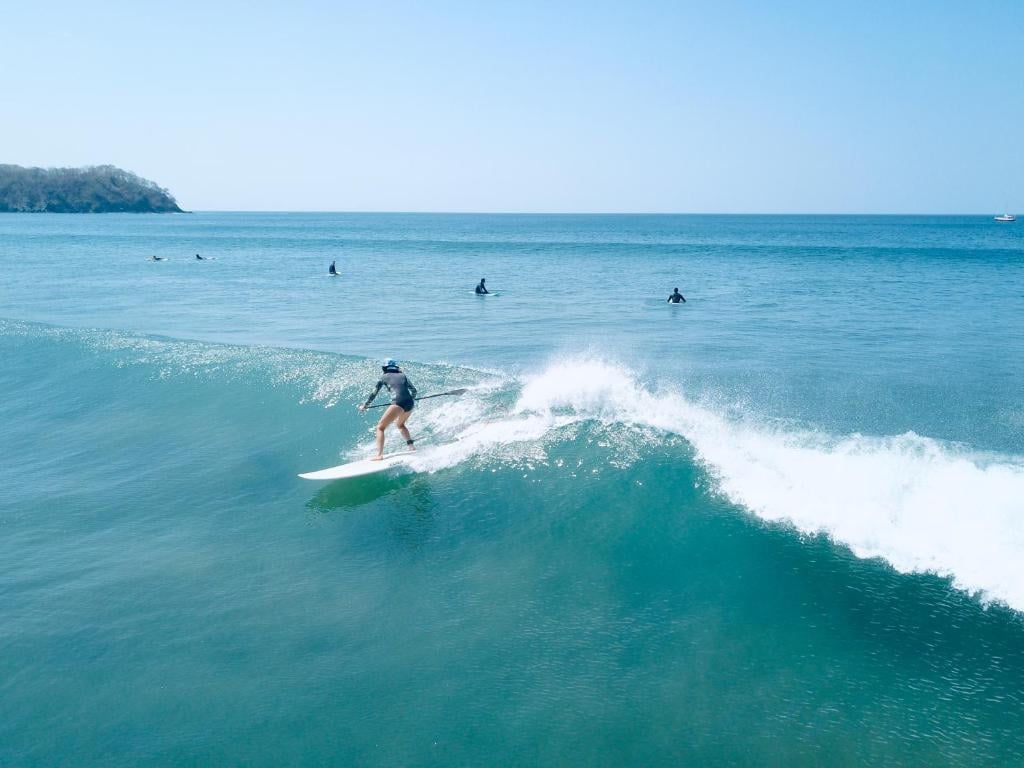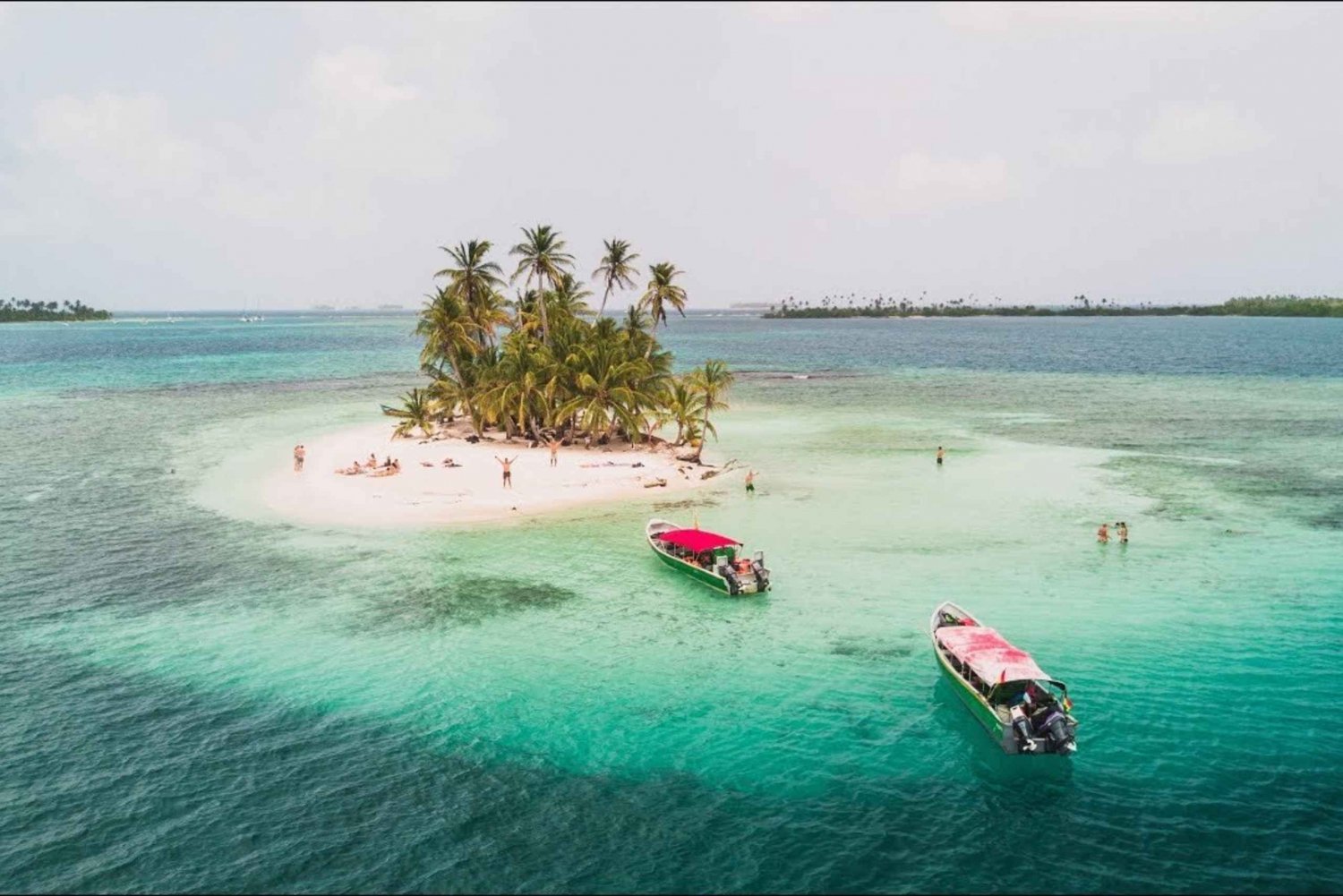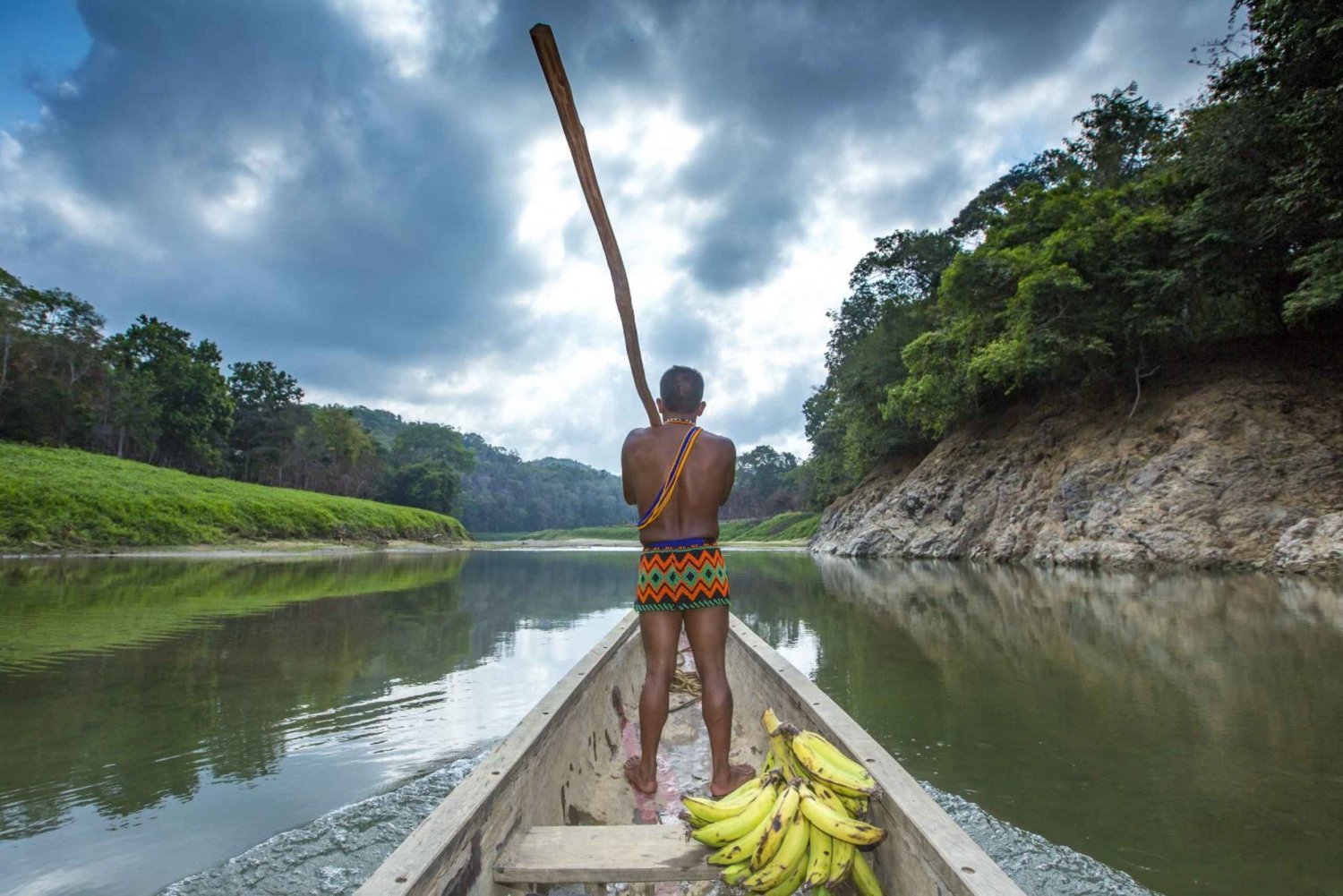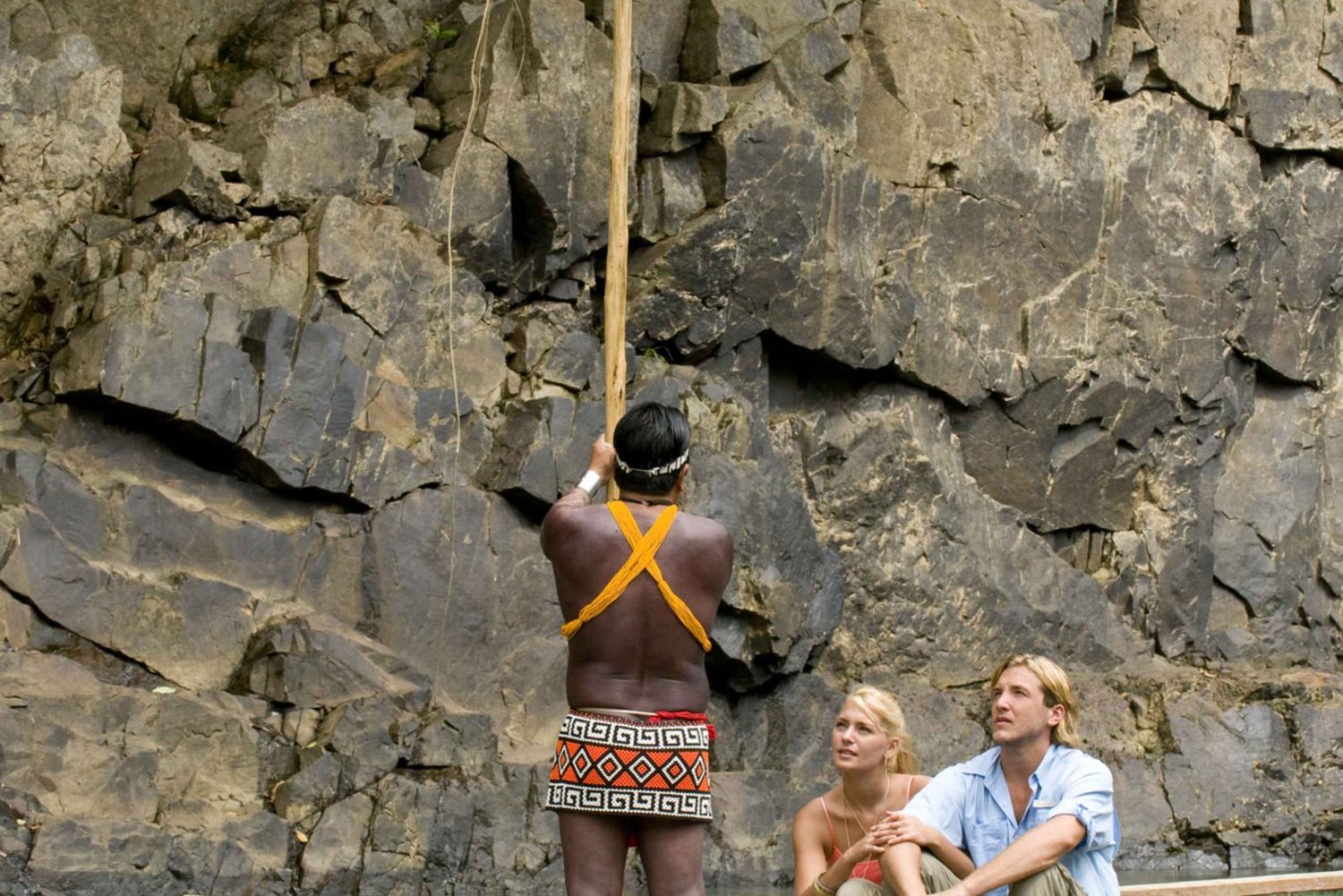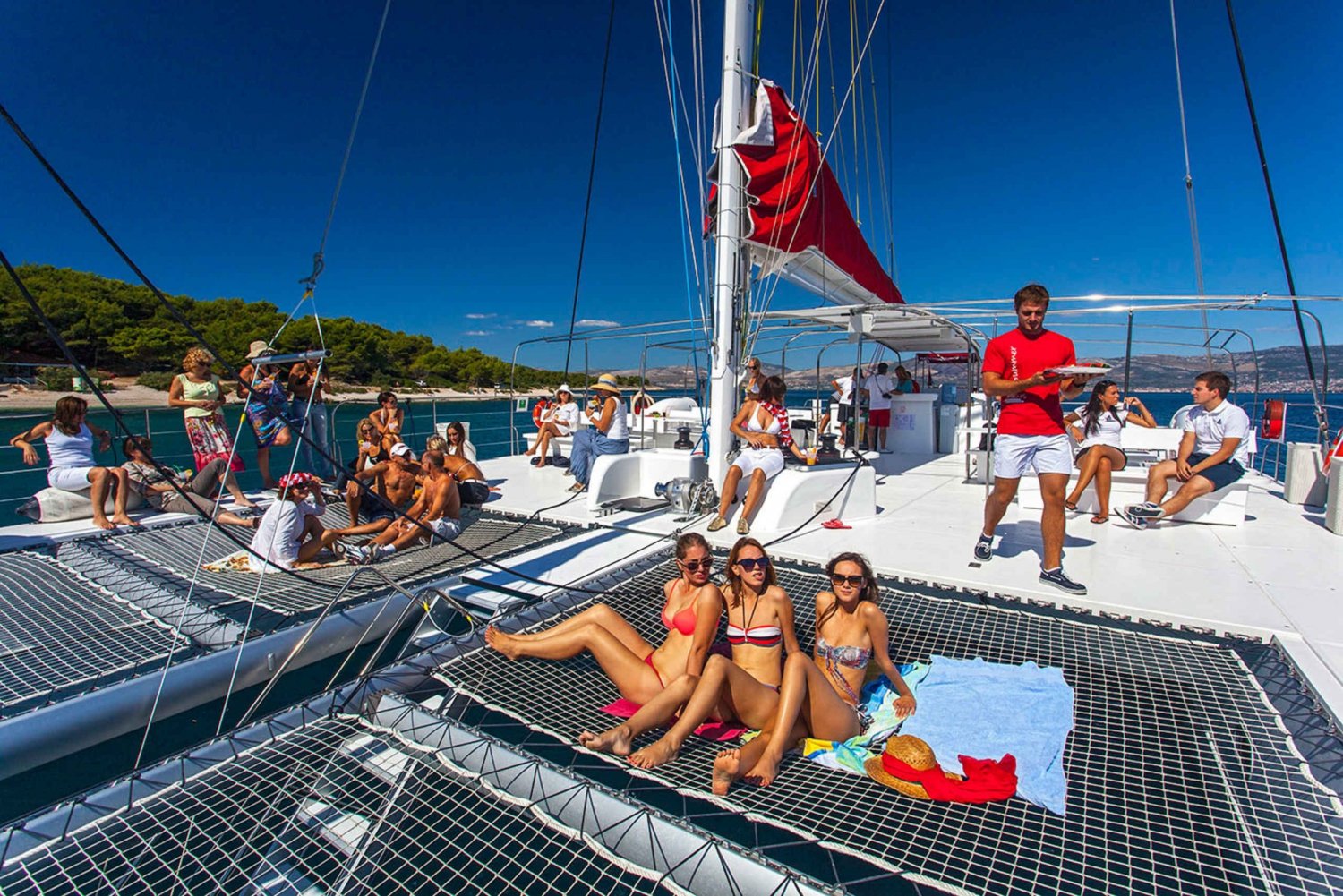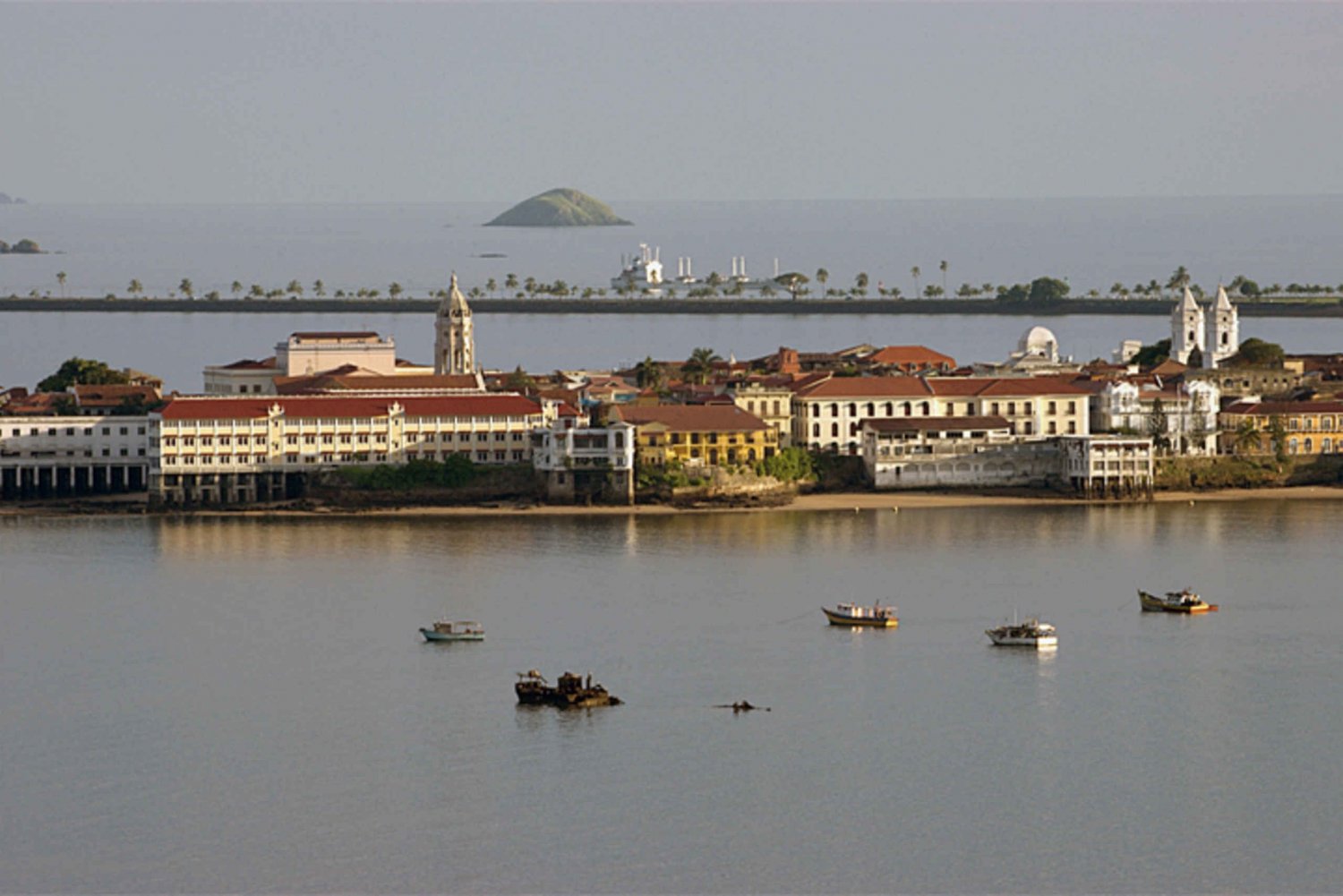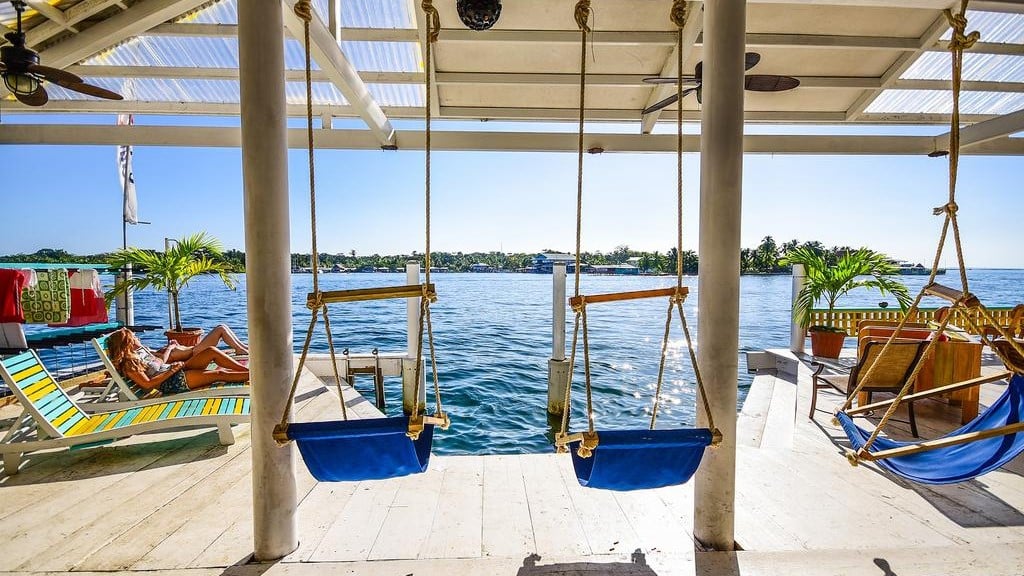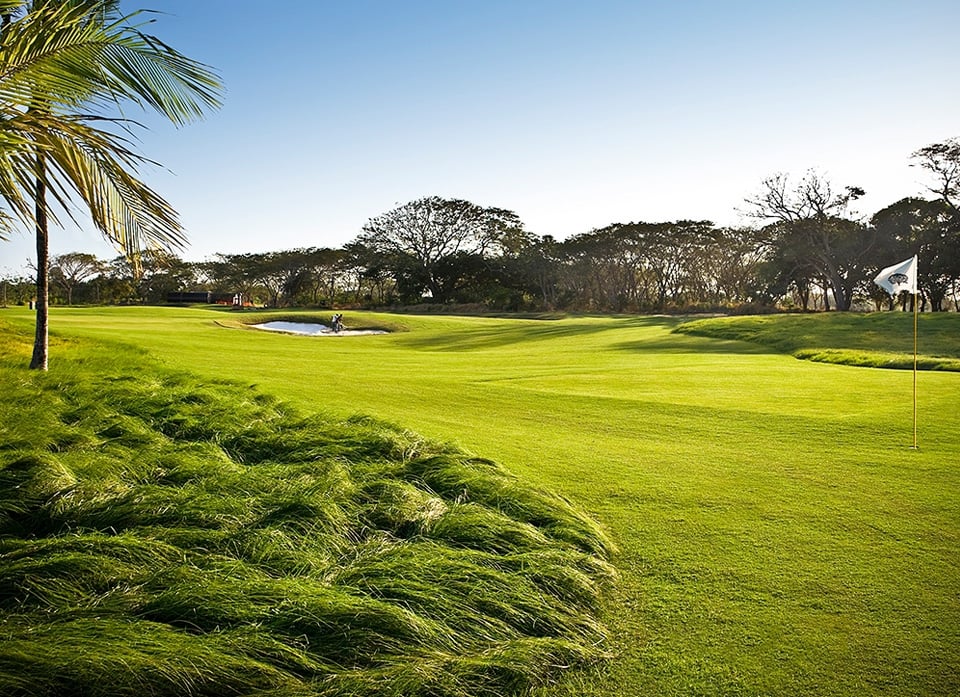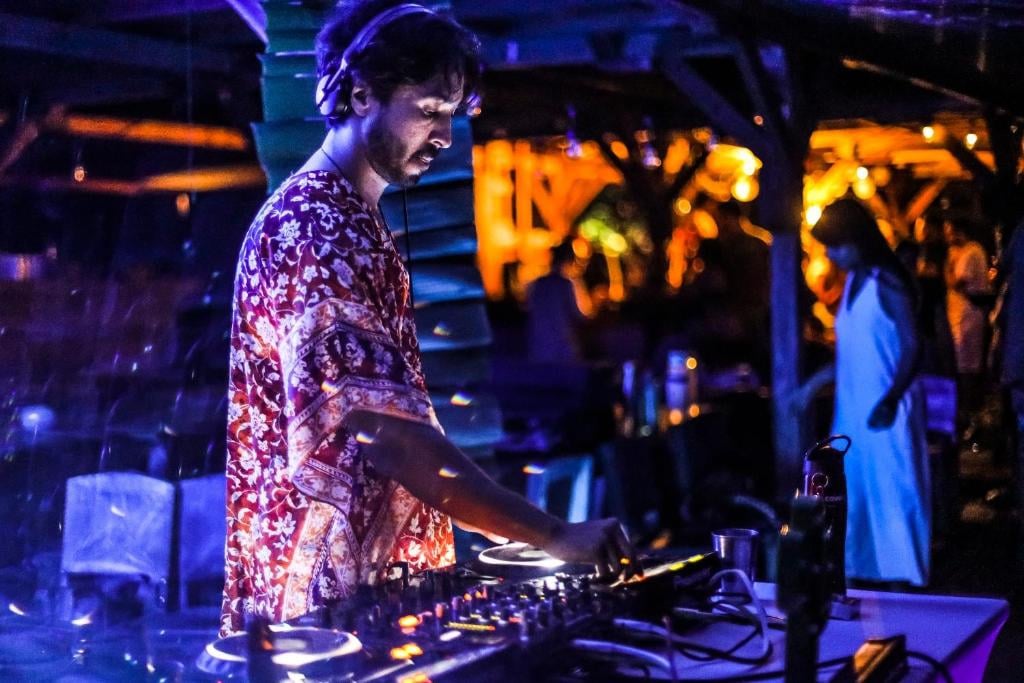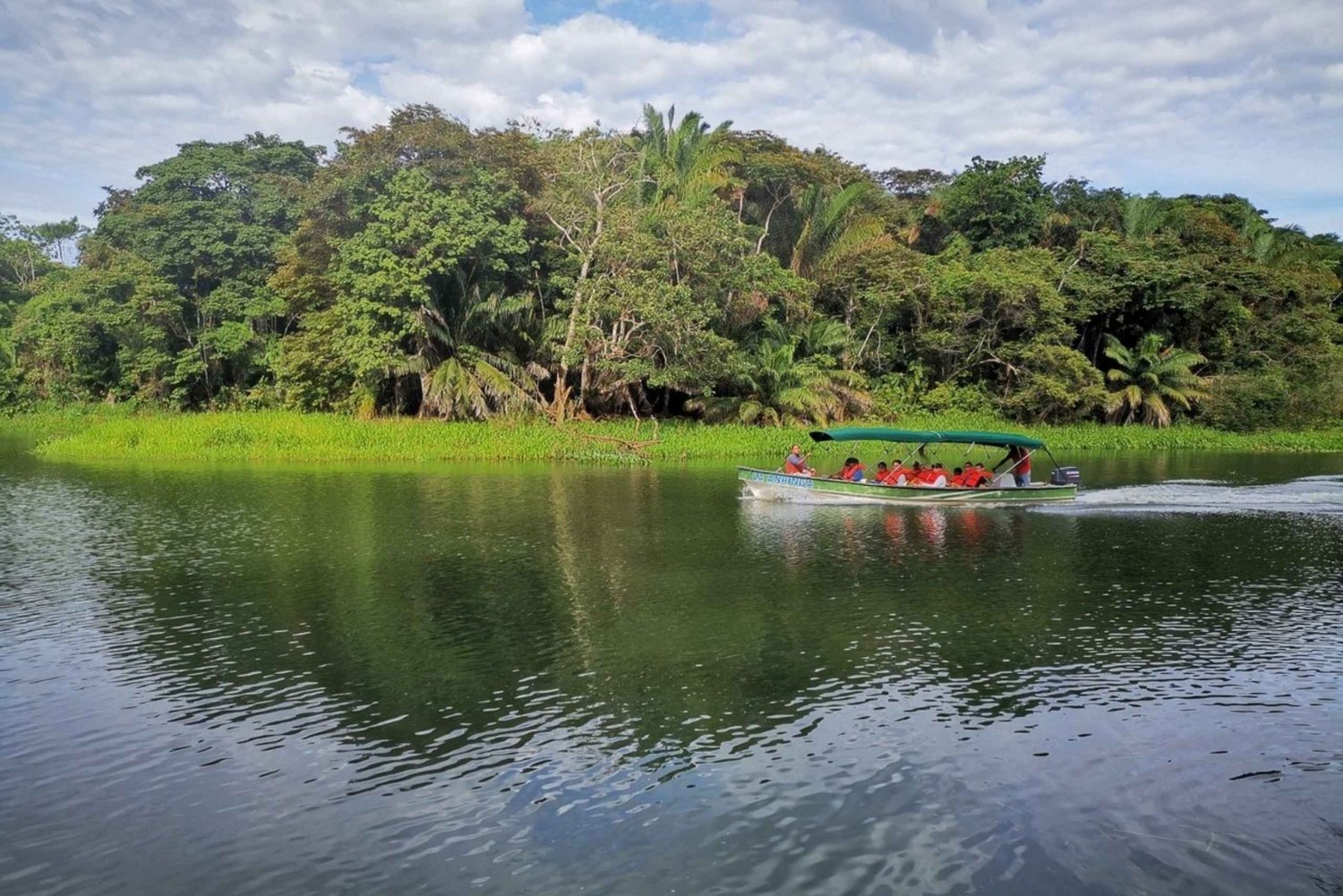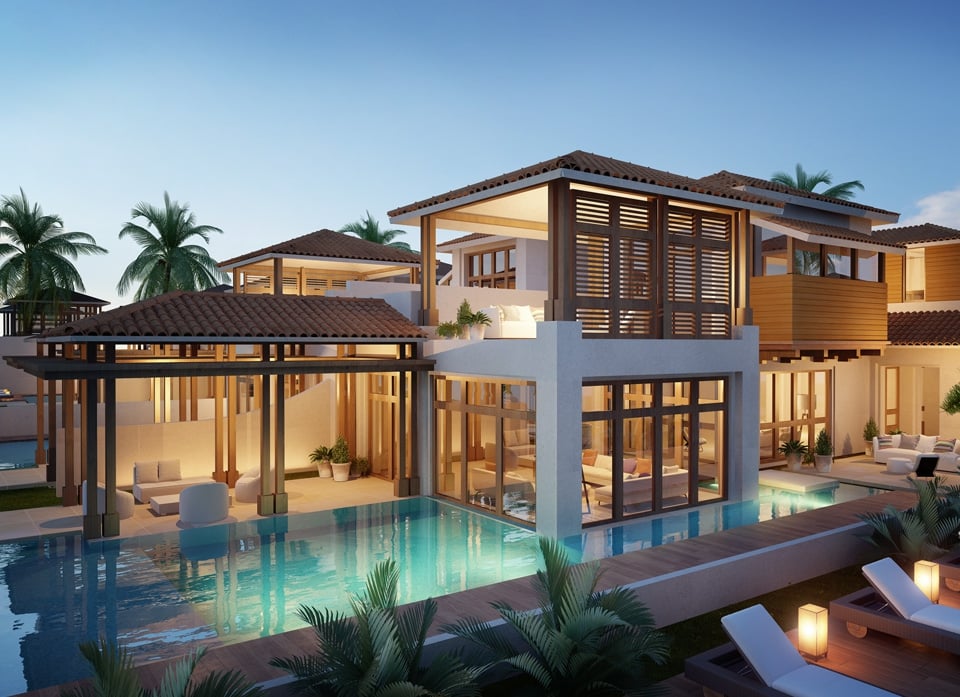Practical Information
The essential information that you need to know when visiting Panama so that you can feel as knowledgeable as a local when travelling here!
Here we want to give you a couple of tips that will make your trip easier and more enjoyable.
We know how difficult it is to find this kind of information on the internet and that is why My Guide brings it to you. In this section we will cover the following:
Language
The official language in Panama is Spanish and even though the population is getting better in English (14% of the people can speak it), it is still quite difficult to get around with no Spanish.
When it comes to Hotels and tours you have nothing to worry about. However, when you are walking around, in restaurants, shopping or taking public transport it is not easy to find people who can speak English. If you need help in the street, you will do better targetting the business people ( people in suits) or the youngsters (who are learning more and more). Worst case scenario, you are bound to find a hotel nearby where somebody will be able to help you.
We recommend you to check our language tips section. Trust us, a little Spanish can get you a long way!
Local Time
Panama observes U.S. East Coast time
Panama is 6 hours behind of Greenwich meantime
Business Hours
Private business offices are open from 8:00 a.m. until 5:00 p.m., Monday through Friday, and Saturdays from 8:00 a.m. to 12 noon
Banks are open from 8:00 a.m. to 3:00 p.m., Monday through Friday. Most local banks open Saturdays from 9:00 A.M. to 12:00 Noon
Tipping
It is customary to give 10% - 15% - 20% tip in restaurants and with activity and service providers
Post Offices
You can find post offices (Correos y Telégrafos Cotel ) every town they are usually open from 7.30 am to 5 pm
Water
ap water in Panama is drinkable and actually quite good. If for any reason, it is not drinkable in the area you are, there will be a sign highlighting this. If you are used to drinking bottled water you might taste a difference (although its not bad) and if you don't like it, bottled water is anyway available everywhere and very cheap ( because not so many people buy it).
When it comes to showers if you are in Hotels and high-end locations you can expect to have hot water. However, this is not the norm in Panamanian households, so if you are crashing at a friend's place, hot water might not be available. This can also be the case in hostels and small hotels in the countryside. Anyway, the "cold" water is not actually that cold so you should be fine.
Electricity Sockets
In Panama, the standard voltage is 110 V and the frequency is 60 Hz. You can use your electric appliances in Panama if the standard voltage in your country is in between 110 - 127 V (as is in the US, Canada, and most South American countries)
Money (Currency)
Panama's official currency is the BALBOA (PAB), but we actually use the US Dollar (USD). The official exchange rate is 1 PAB = 1 USD.
The Panamanian Balboa is only available in coins and it is very normal to come across it. It has the same shape and weight as the USD coins. However, it is very important to know that this currency is only valid in Panama and cannot be exchanged for USD anywhere else. Therefore, we highly recommend exchanging your money in USD only, and if you end up getting Balboas ( you most likely will) try to spend them while still in Panama unless you want to keep them as a souvenir.
Bargains when buying
You generally can barter in the shops around Panama, except shopping malls where the prices are strictly set by the companies. However, there is plenty of bargains all over the city with Black weekends and Black Friday deals!
Public parking
If you are driving in Panama, there are some areas that offer timed parking. There, the fees are standard and you don't need to worry. However, if you park in a non paid area or on the sides of the street (where permitted), it is very normal for random guys to come to you and say "Bien Cuidao" (Well watched) and ask for money to watch your car. It is very IMPORTANT to pay these guys. Depending on where you are they can ask from USD 0.25 ("un cuara" - a quarter of a dollar) to USD 1. Let's say USD 1 is a more standard fee. Don't be surprised if these guys are nowhere around when you get back to the car and you will be wondering if you just gave away your money, but the cost of not paying could be a scratch on your car paint or even a flat tire. Believe us, the 1 dollar will spare you a big headache later.
If the parking is nearby night clubs or bars, at night, the fees get more expensive. This is actually how these guys earn a living so they will take over an area and claim it to be their parking zone. Depending on how close it is from the clubs it might cost you between USD 2 to USD 5. Here they honor the whole concept of actually watching your car and they will normally ask you for half of the money in advance and the other half when you return. In case you are wondering, this is actually illegal so if the police are around don't expect this service.
Dress code
In Panama City, business casual or streetwear. In Boquete, any comfortable clothing will do the trick, such as tennis shoes or casual city shoes, jeans, and a shirt. In Bocas del Toro, for instance, the local dress code includes flip flops, shorts, and a t-shirt or tank top.
Personal Space
Panamanians are very affectionate people ( Latin Americans in general are) and therefore if you are introduced to any local don't be surprised if they go for the hug (any gender) and kiss on the cheek (male/female and female/female, but never male/male). This is very normal for us.
If for some reason, this makes you feel uncomfortable just try to maintain a distance and extend your hand with a smile when getting introduced. It is a very strong hint and anyone will know that you just prefer to shake hands. Don't worry, it is not considered offensive.
Hygiene in public facilities
Don't be scared, actually, Panama is a fairly clean country and public facilities and toilets are normally clean especially women's toilets. However, if you are in the countryside you might encounter a bit more rural facilities and even though they try, occasionally it is normal to find not so clean areas.
Important phone numbers:
- Medical Emergencies|911|Ambulance Coverage in Panama Province, Colon and Cocle until Rio Hato**
- Police|104|National coverage**
- Firemen|103|National coverage**


